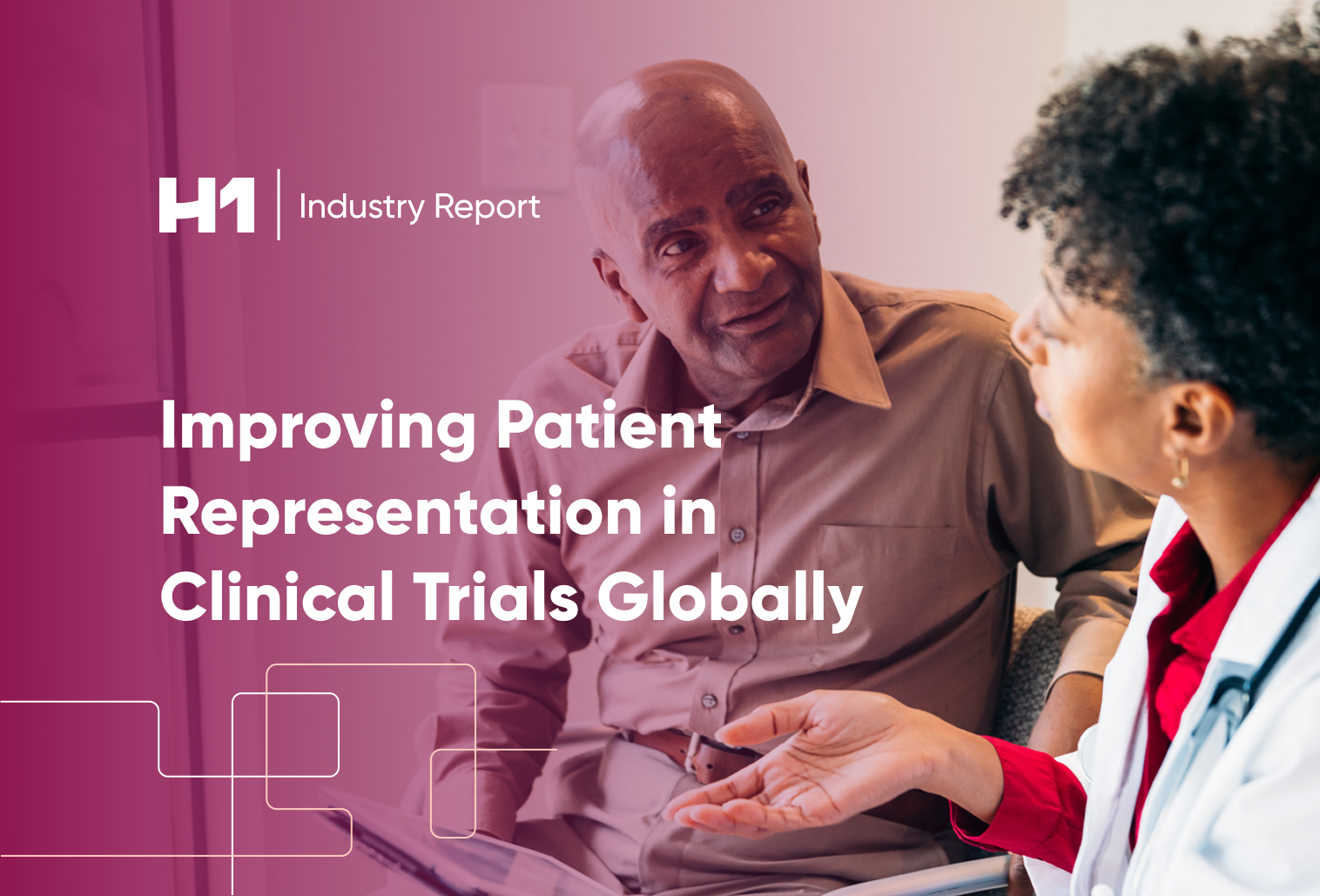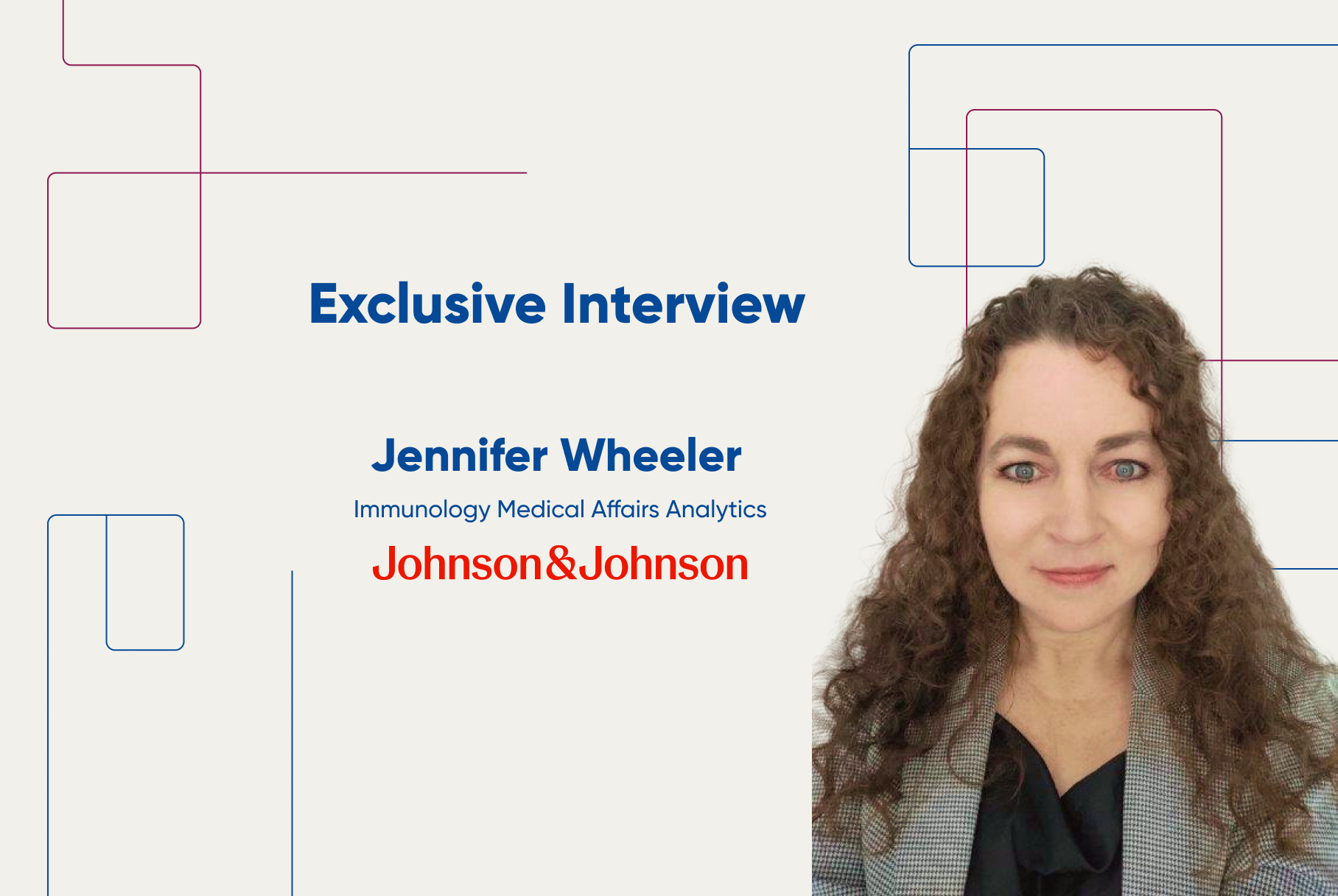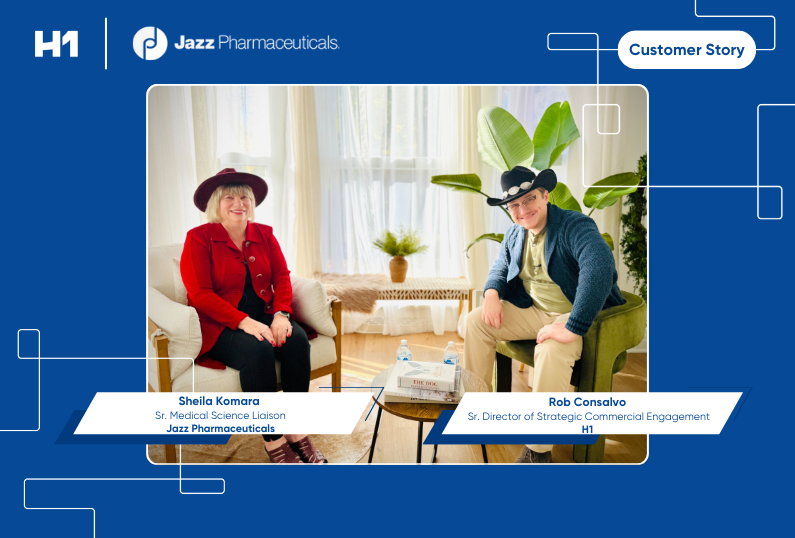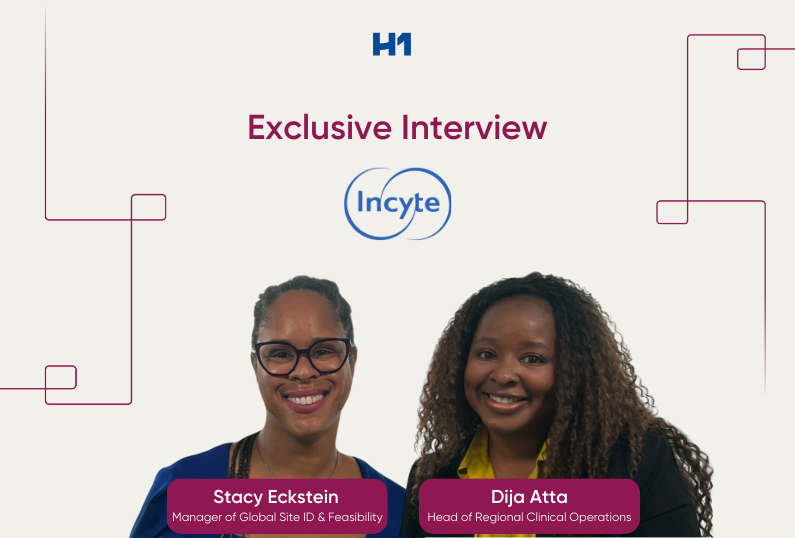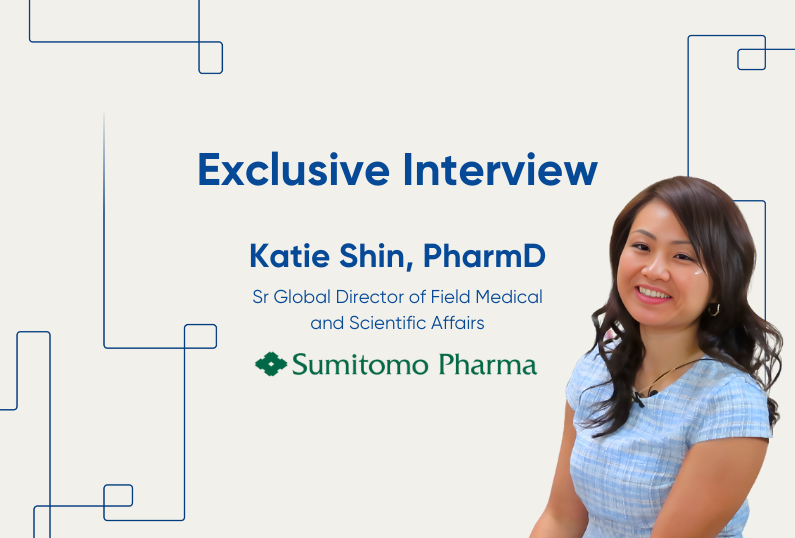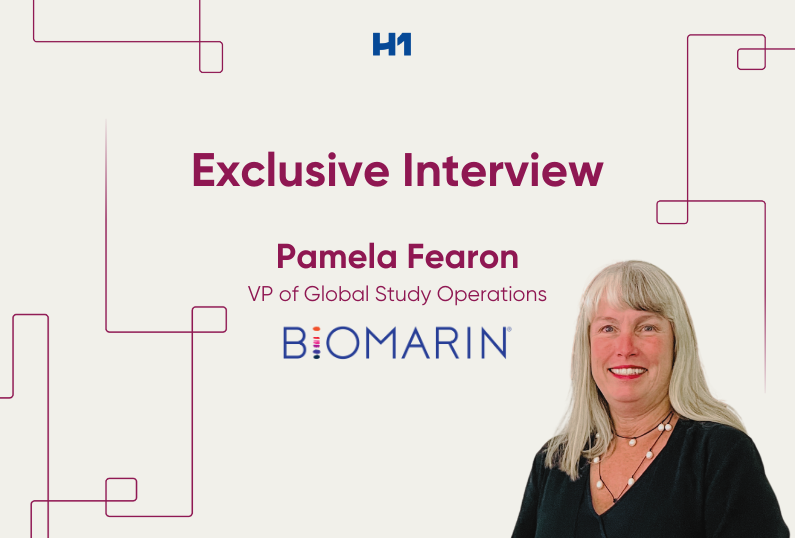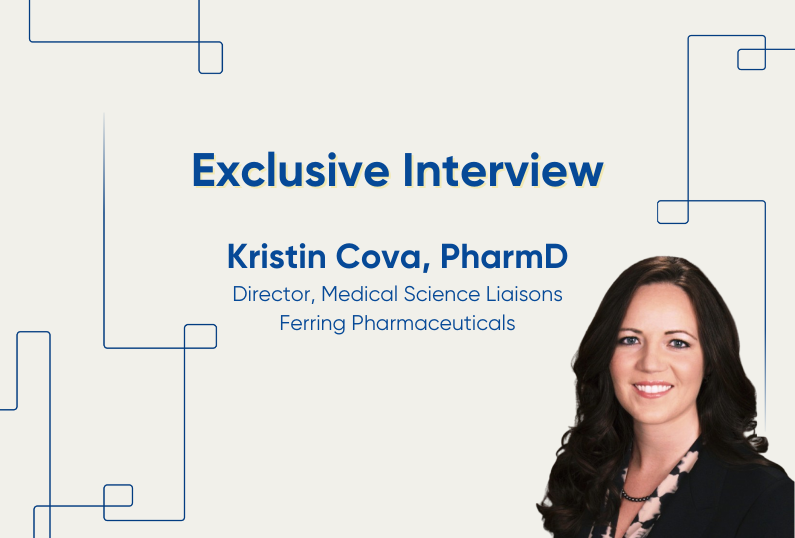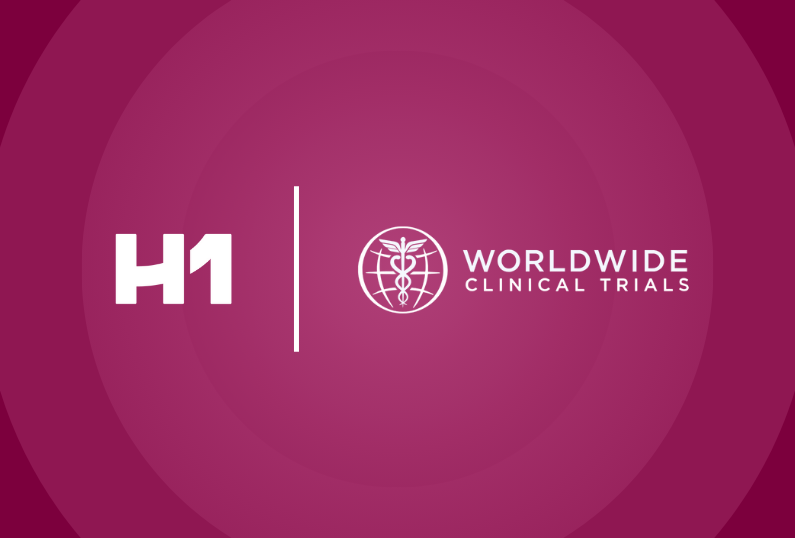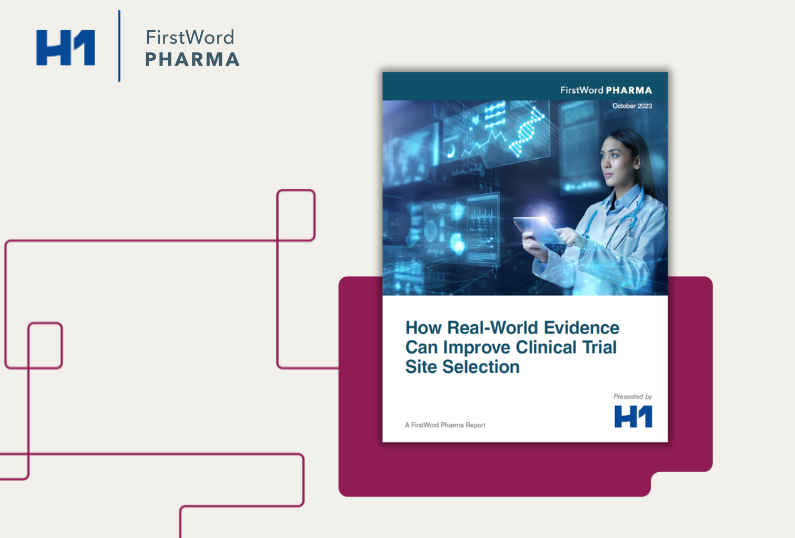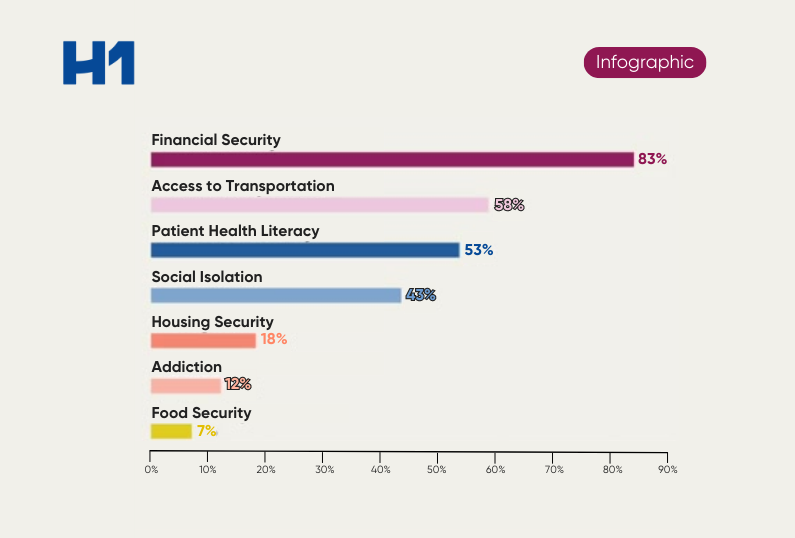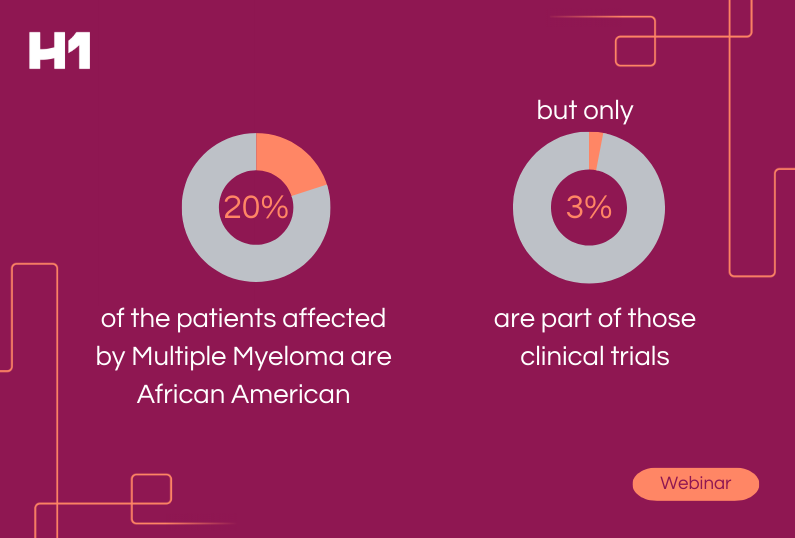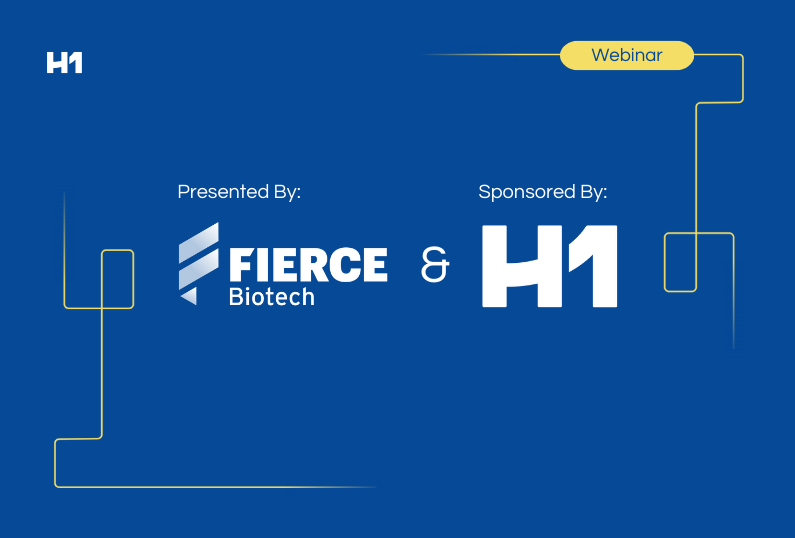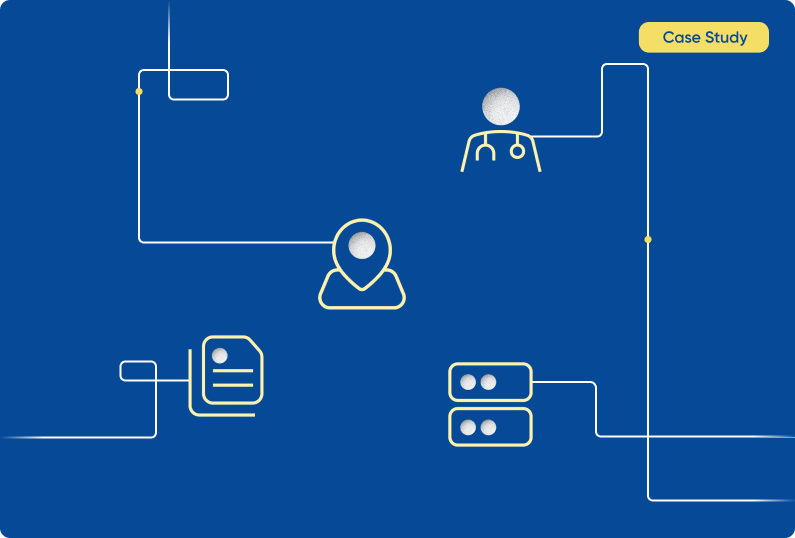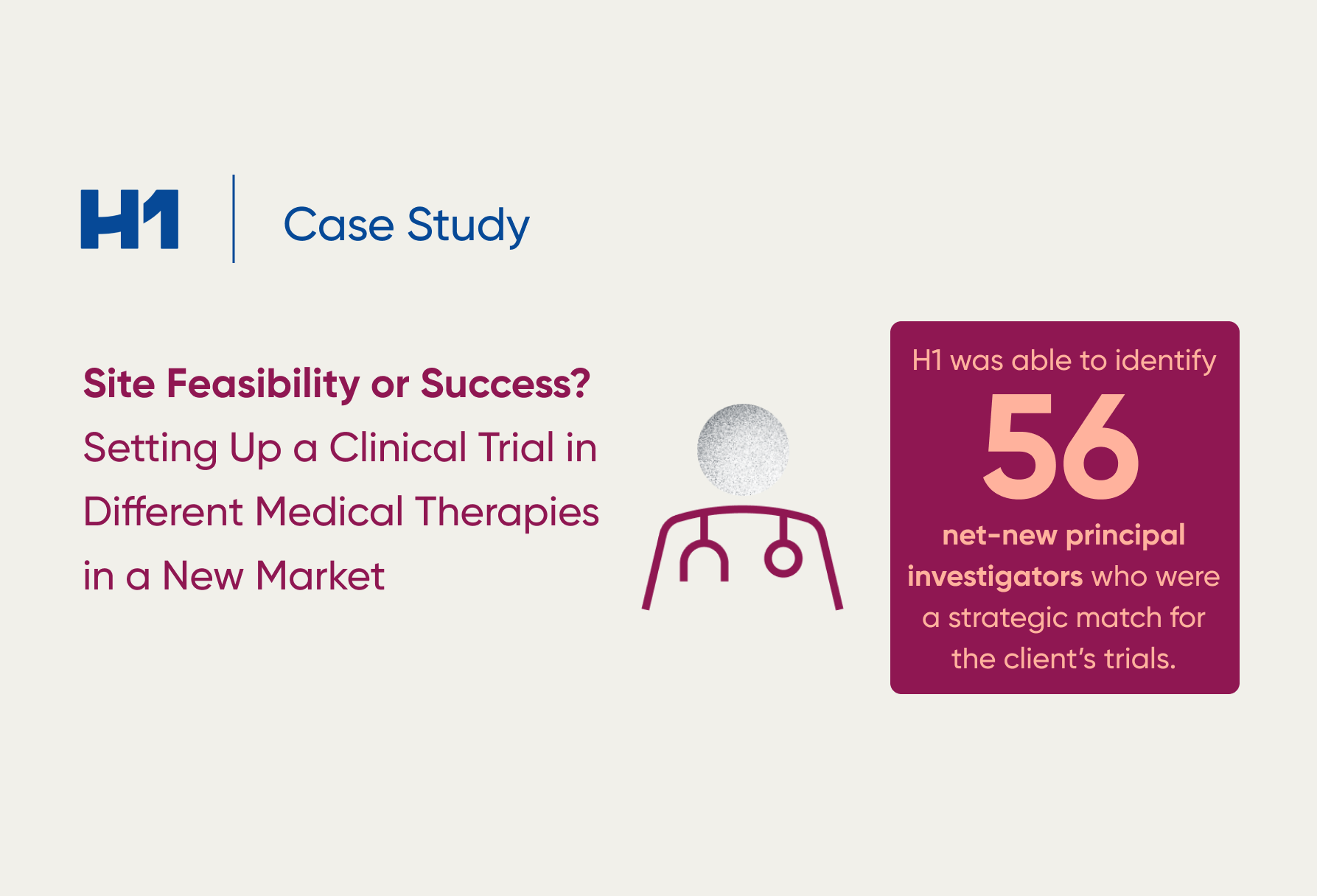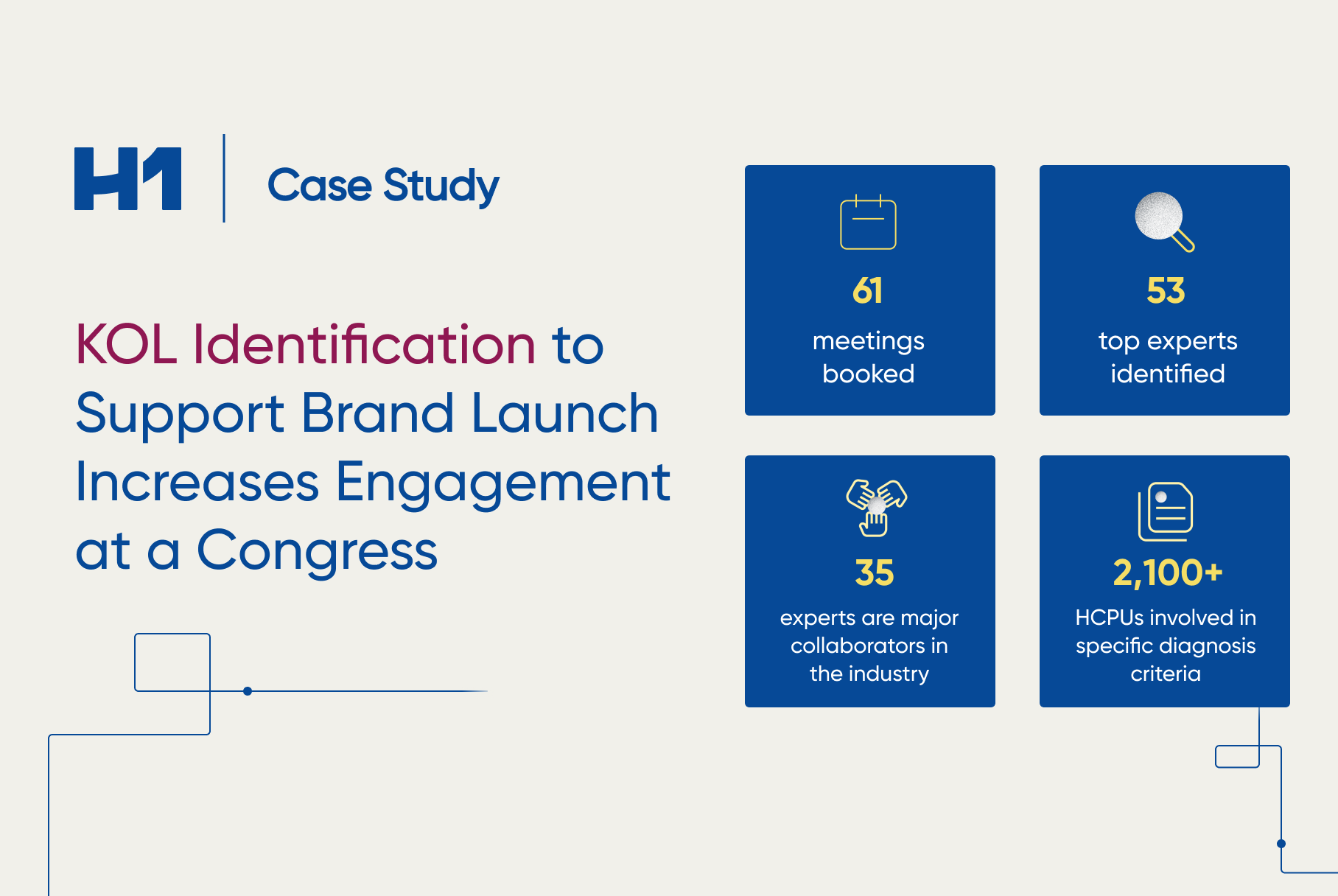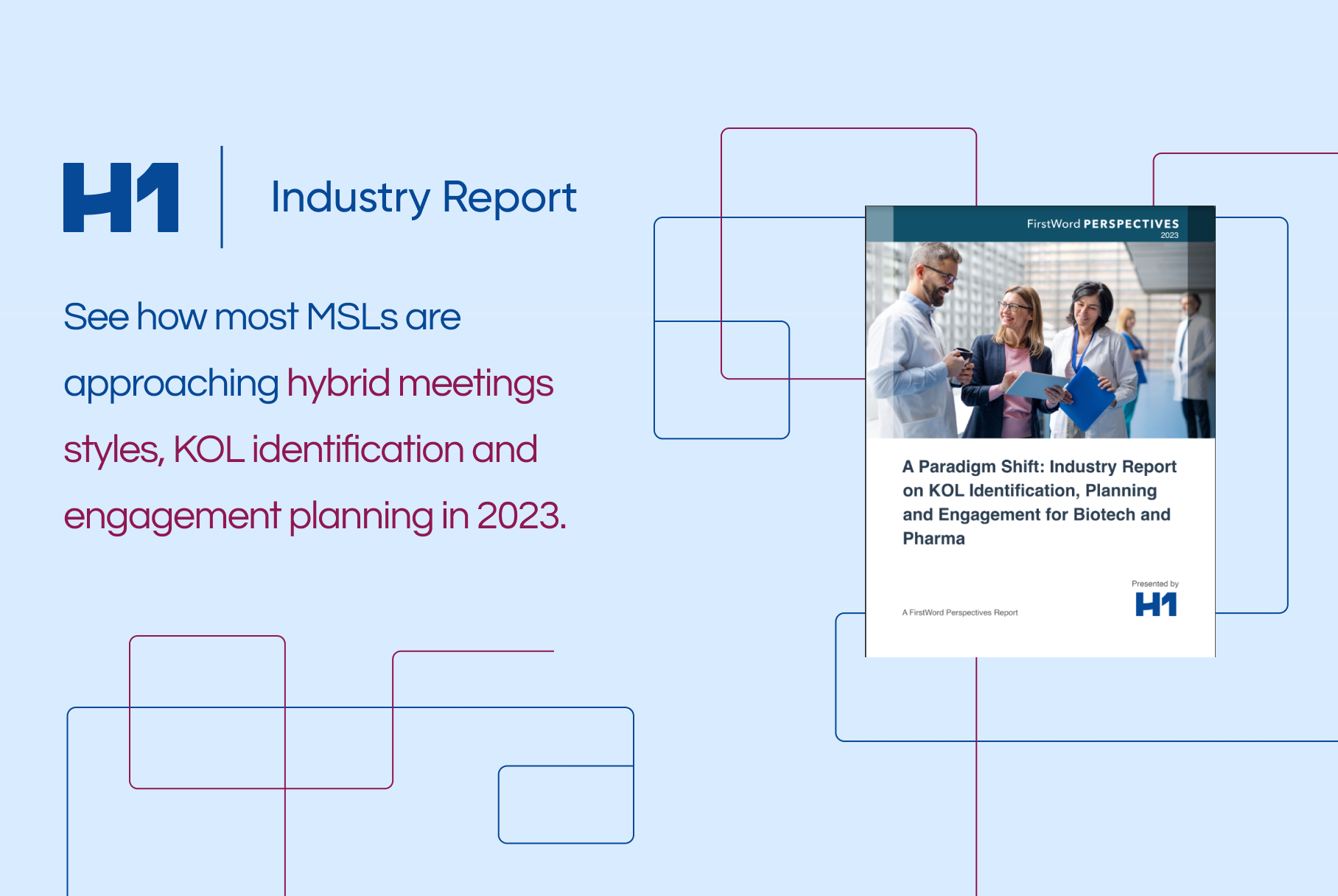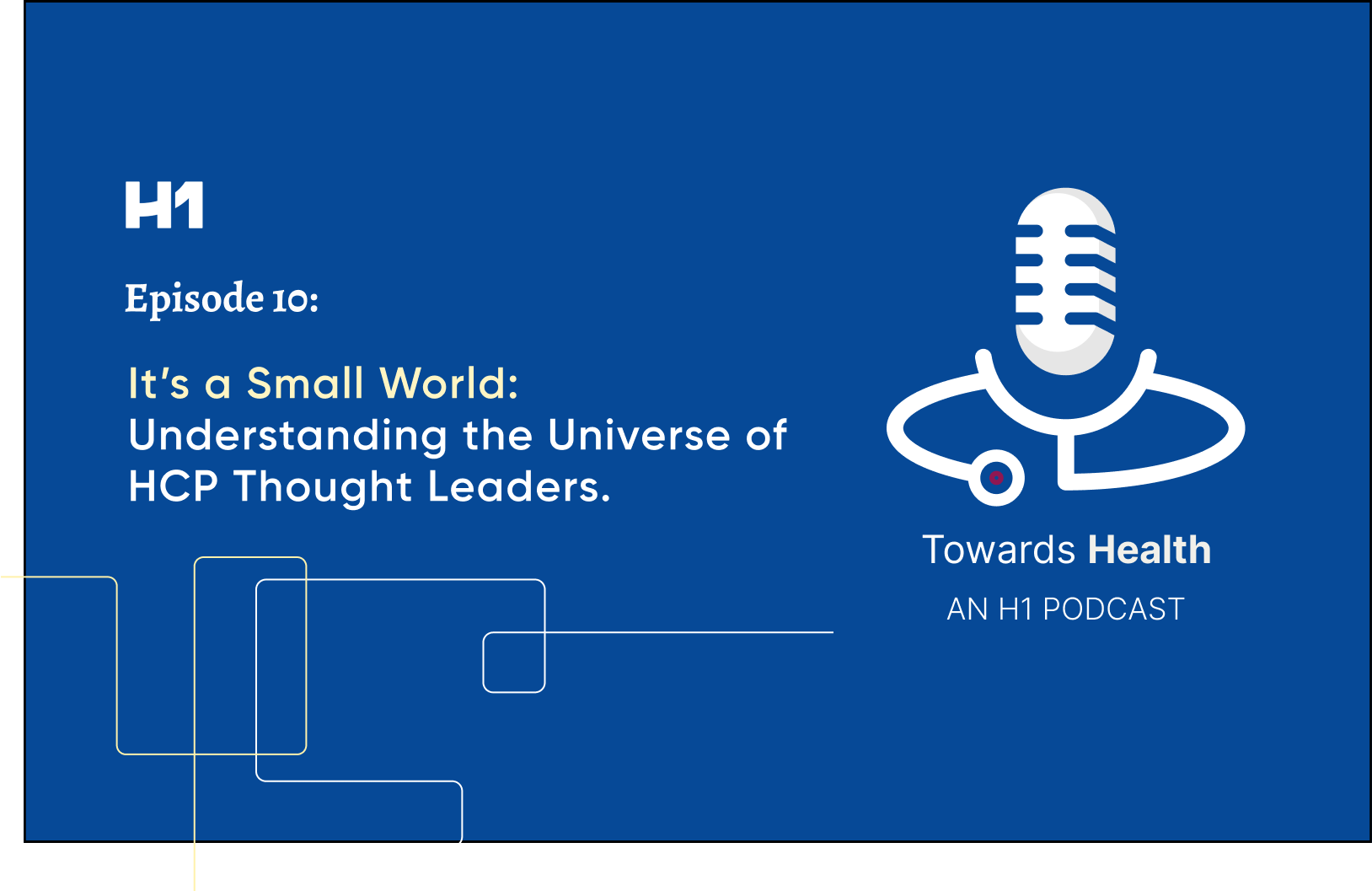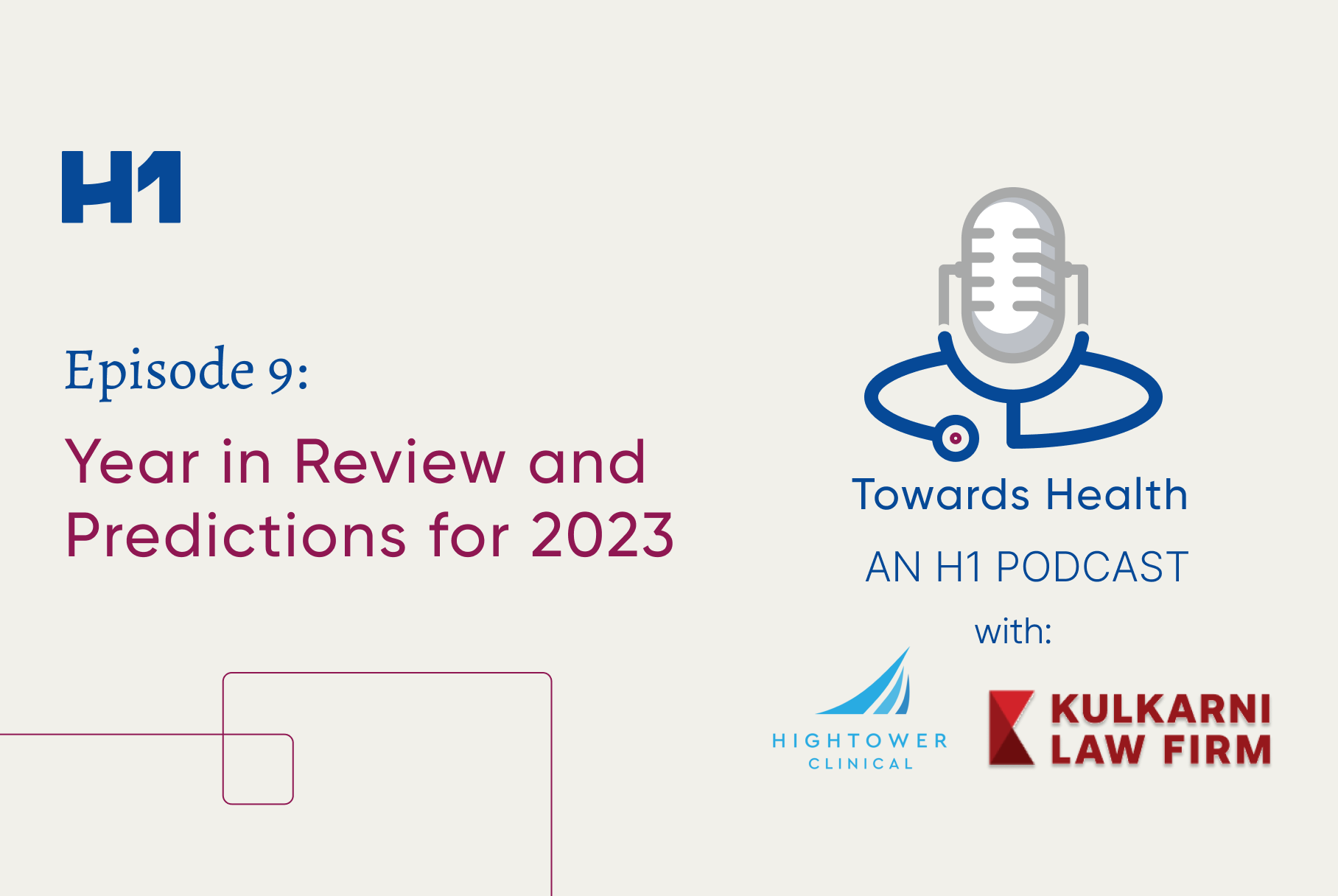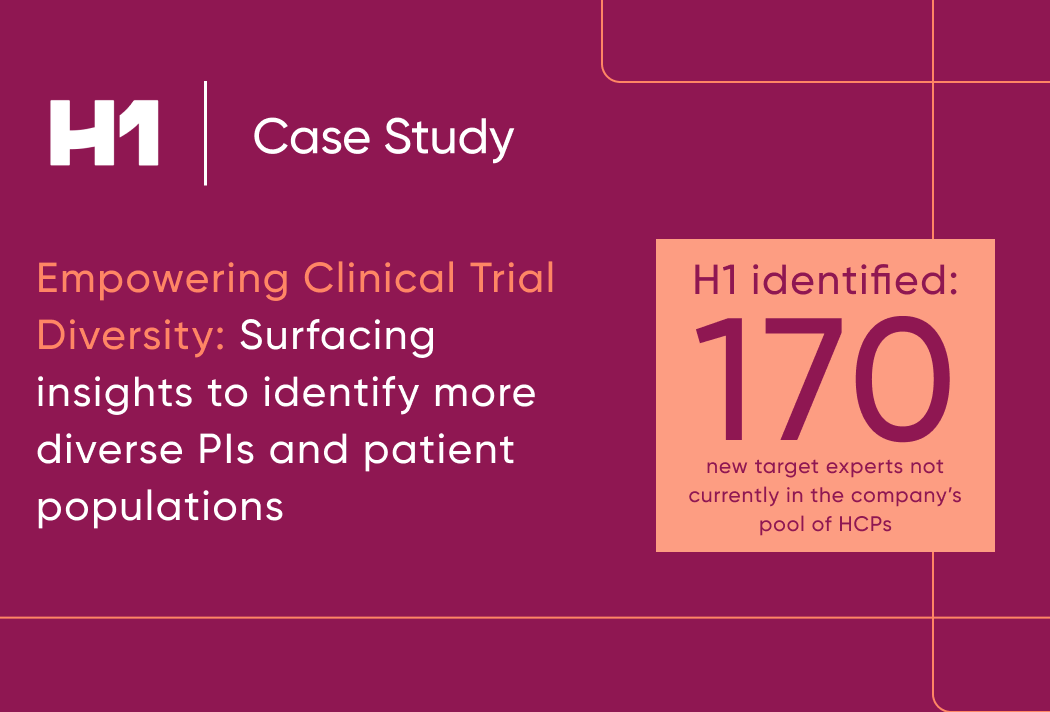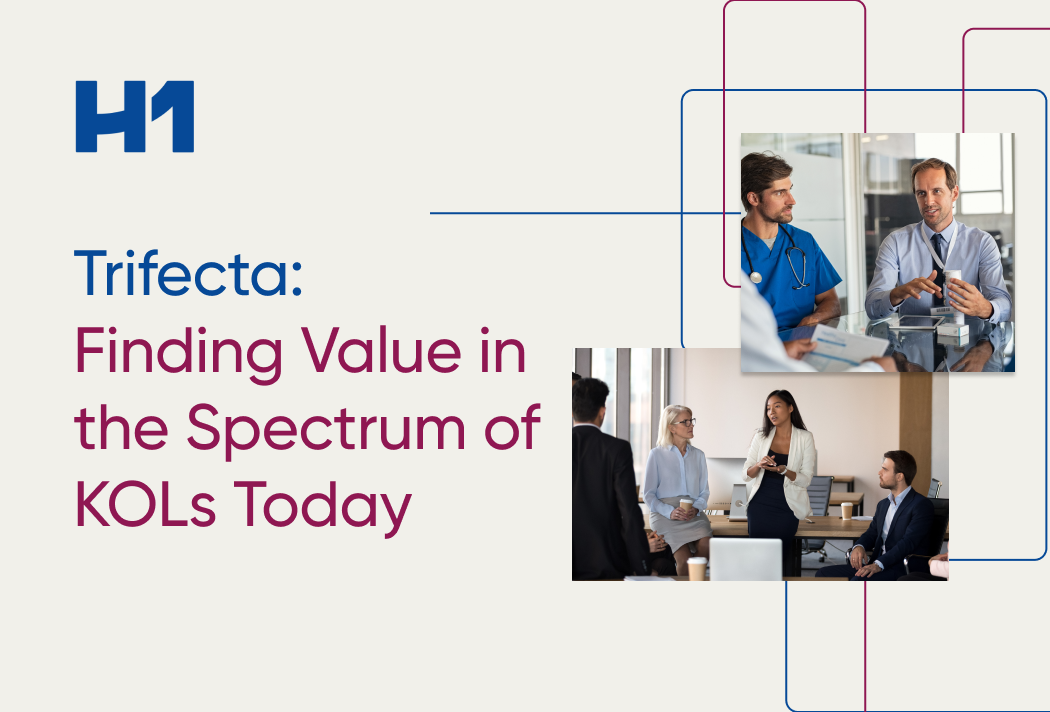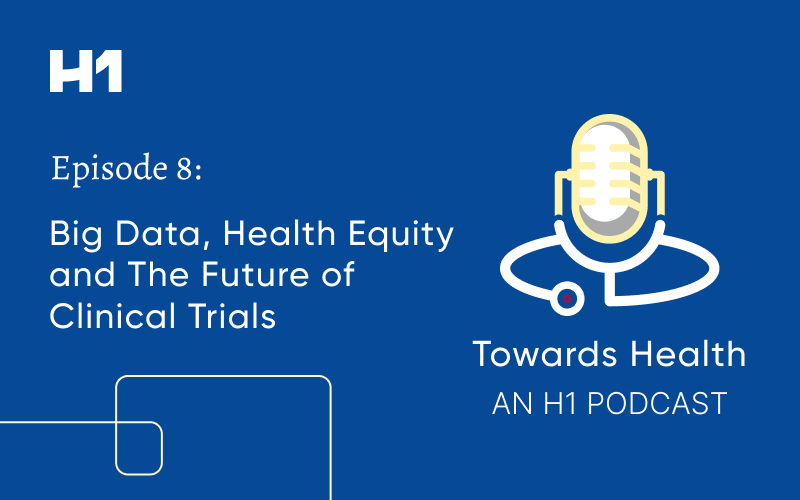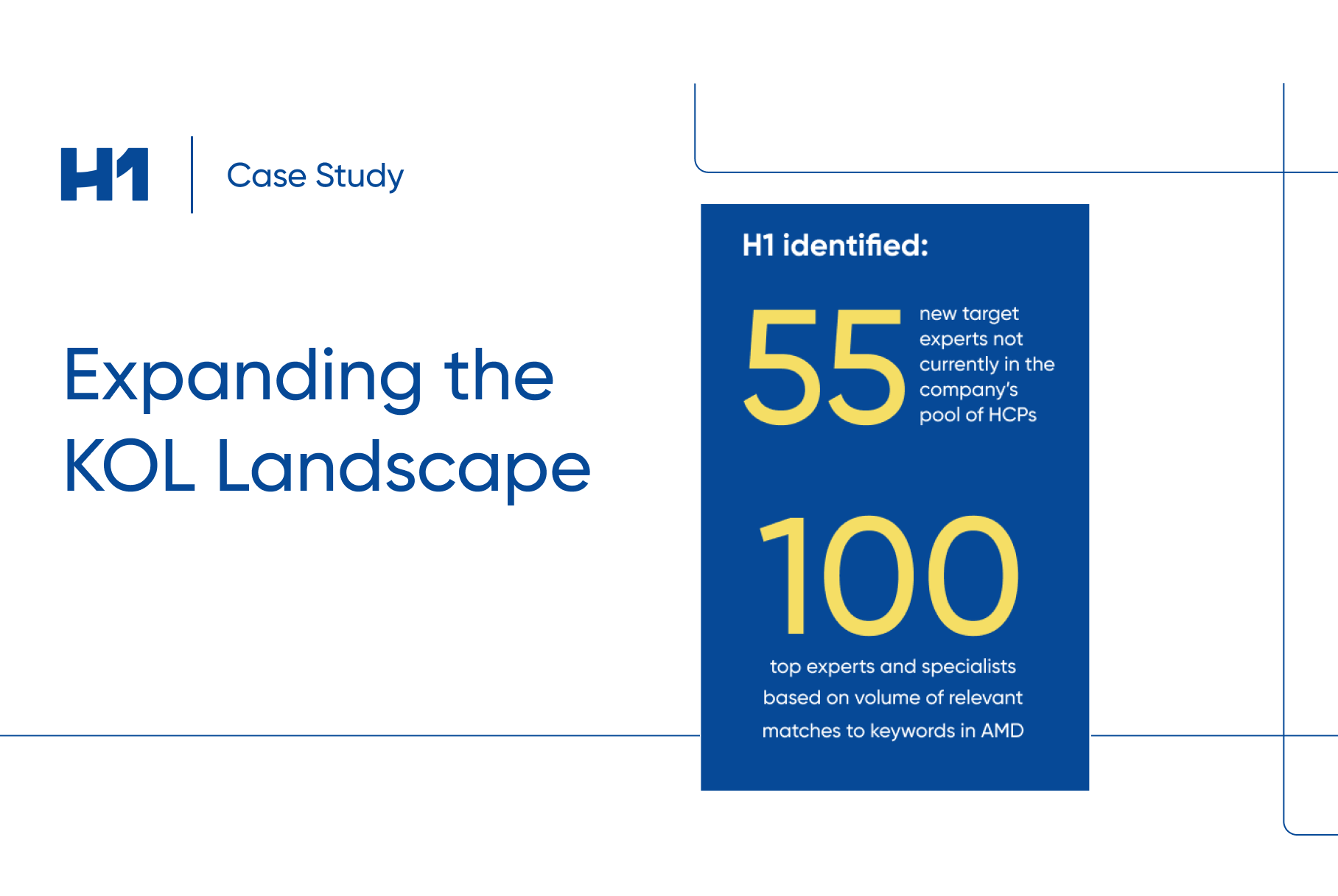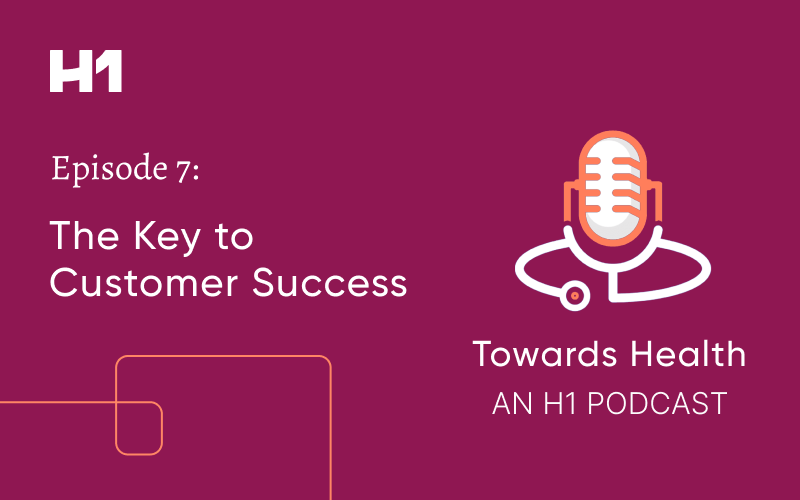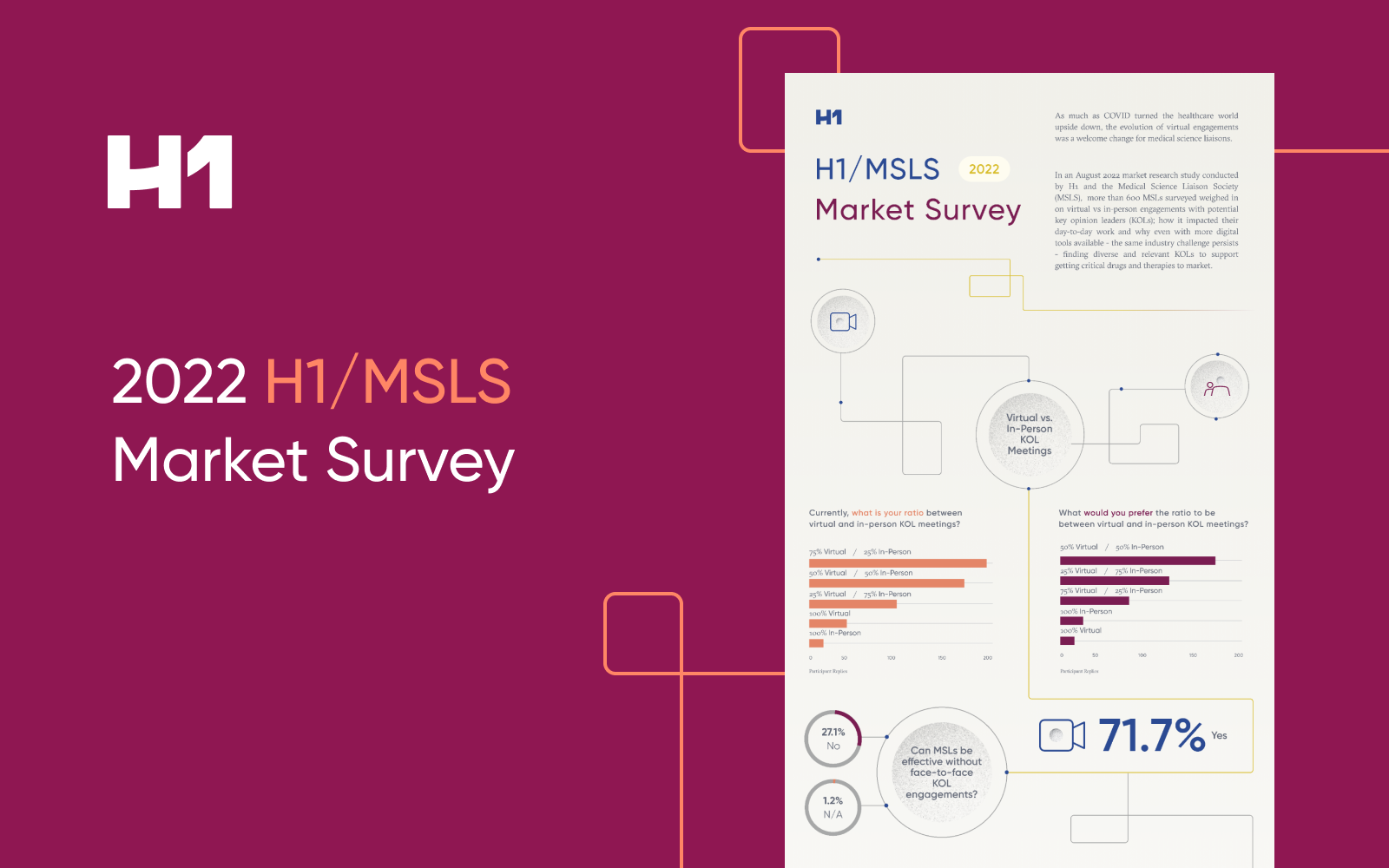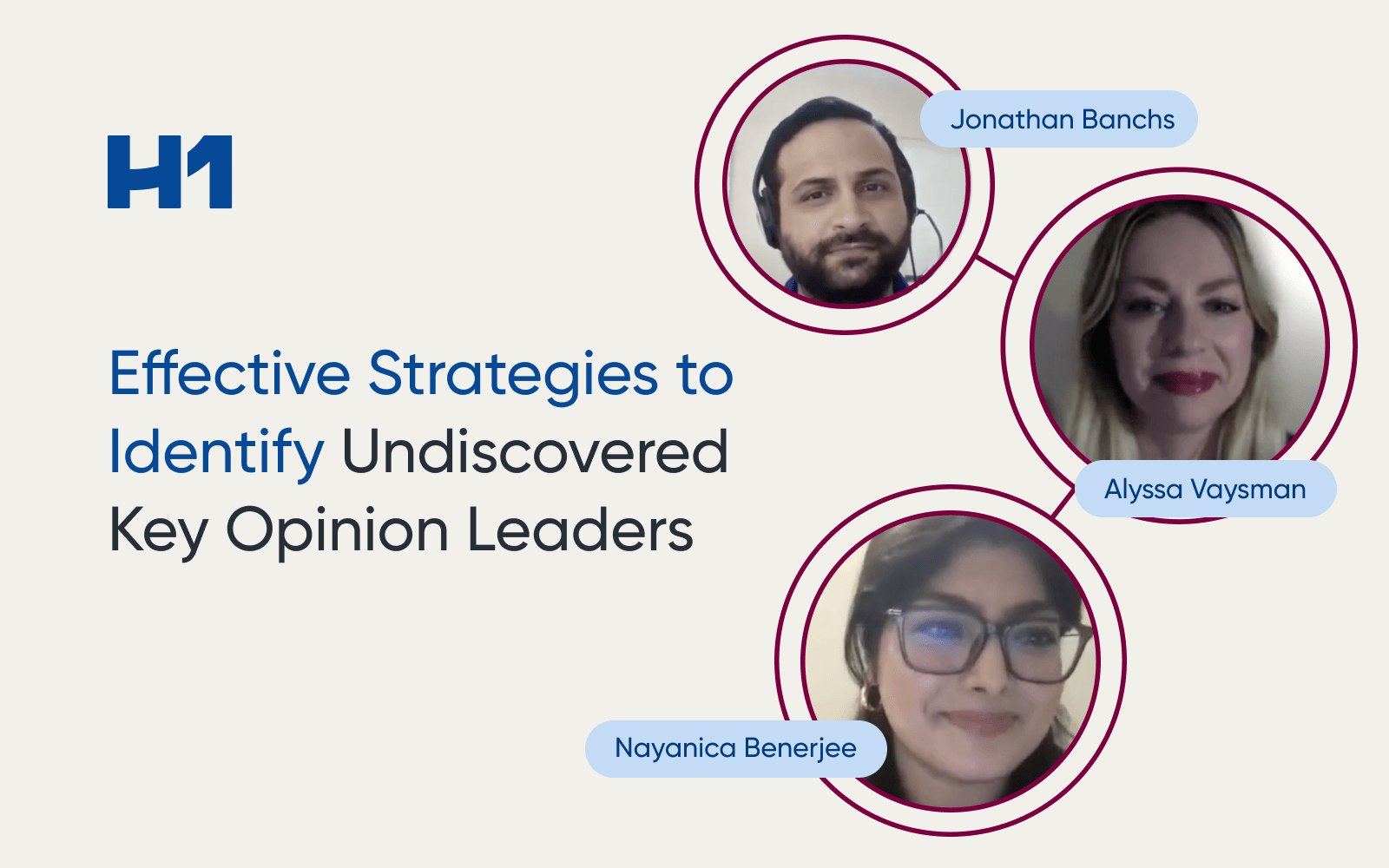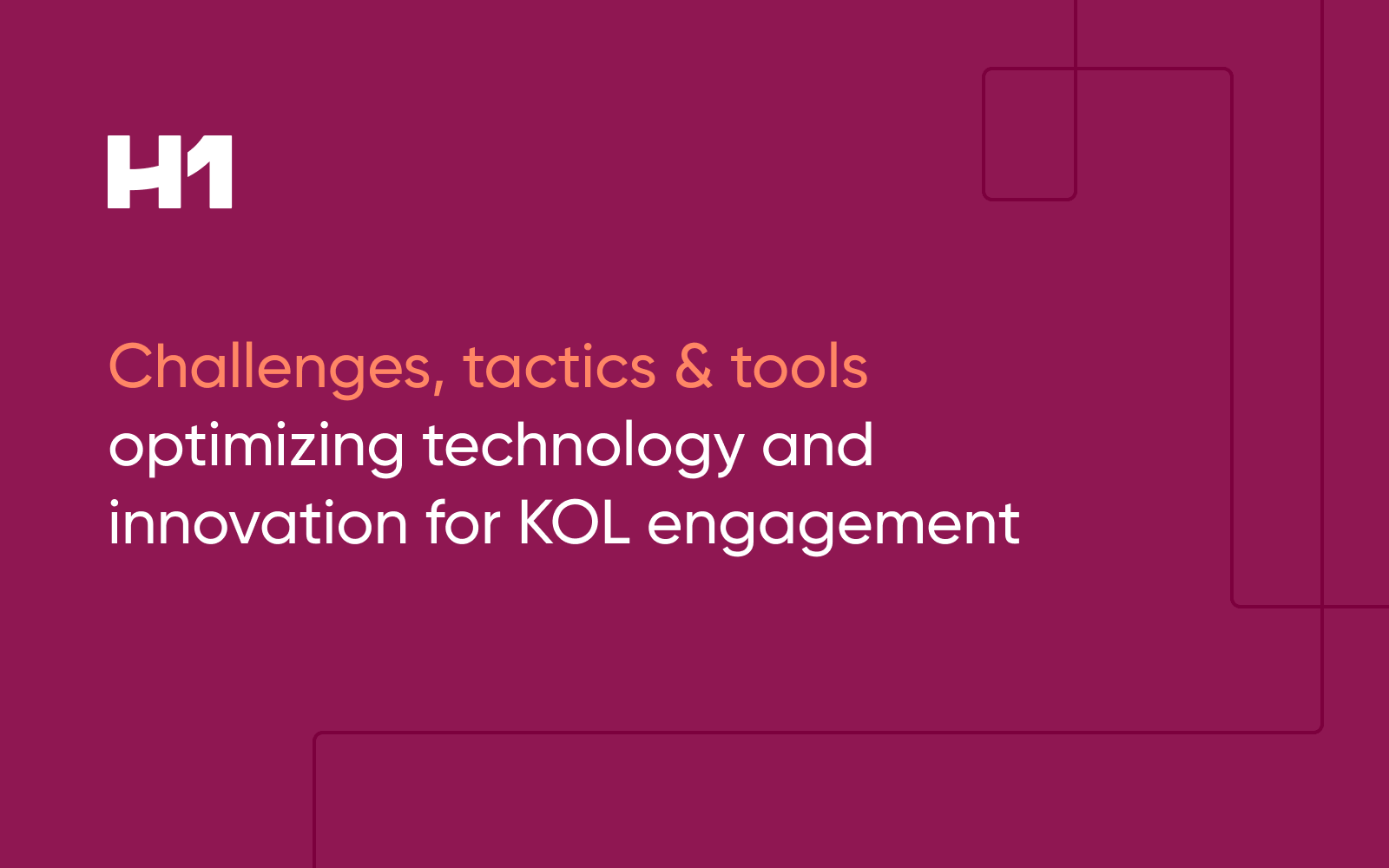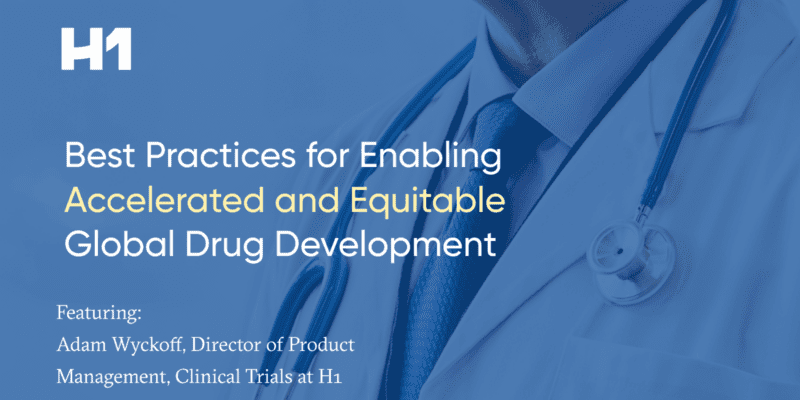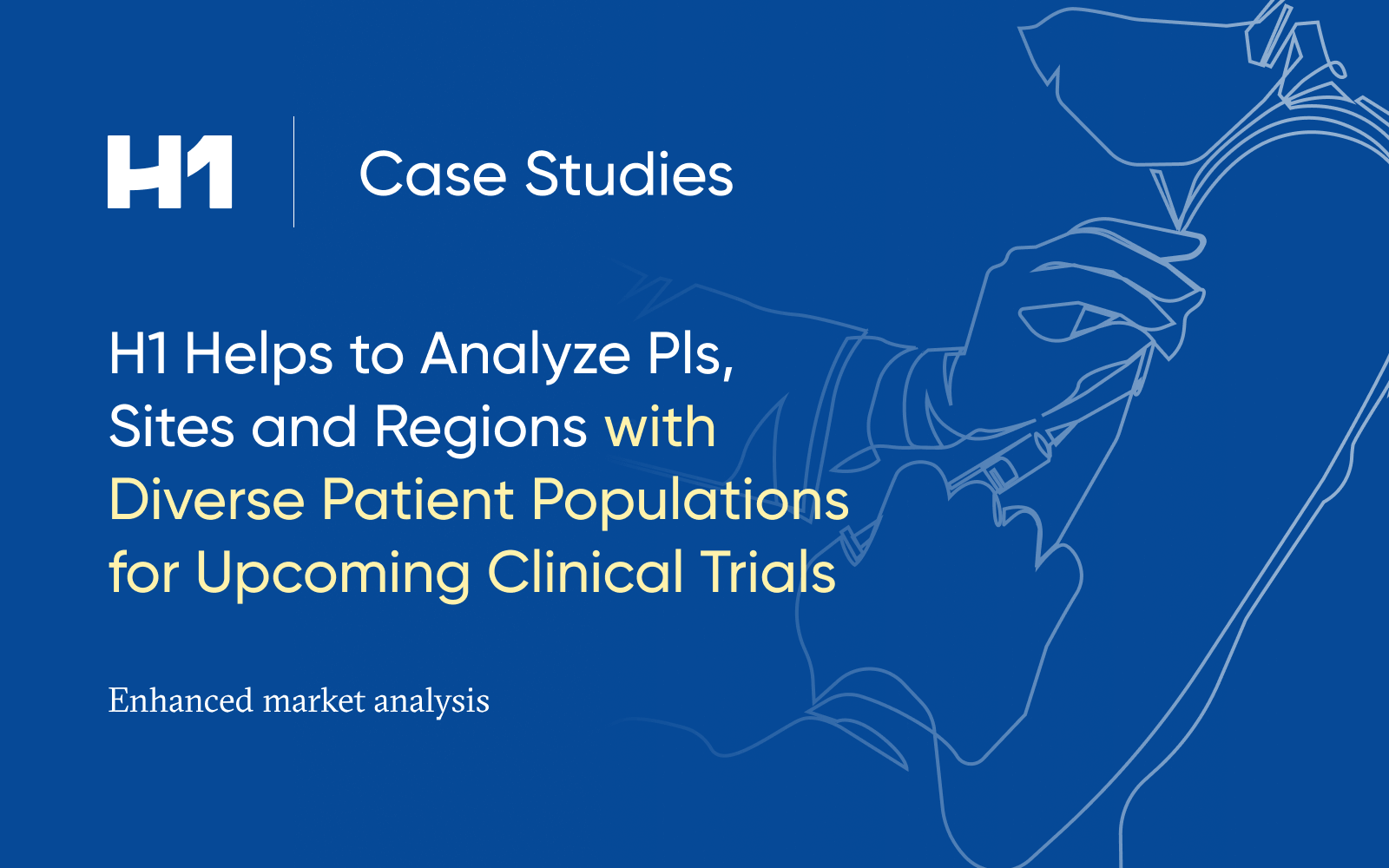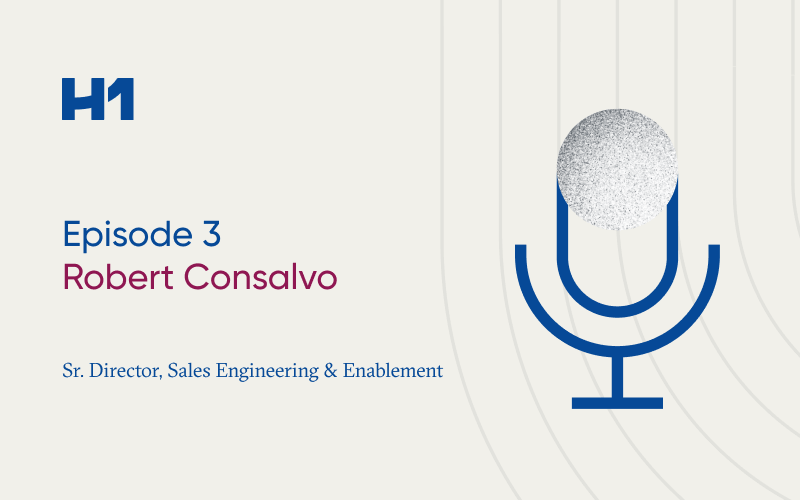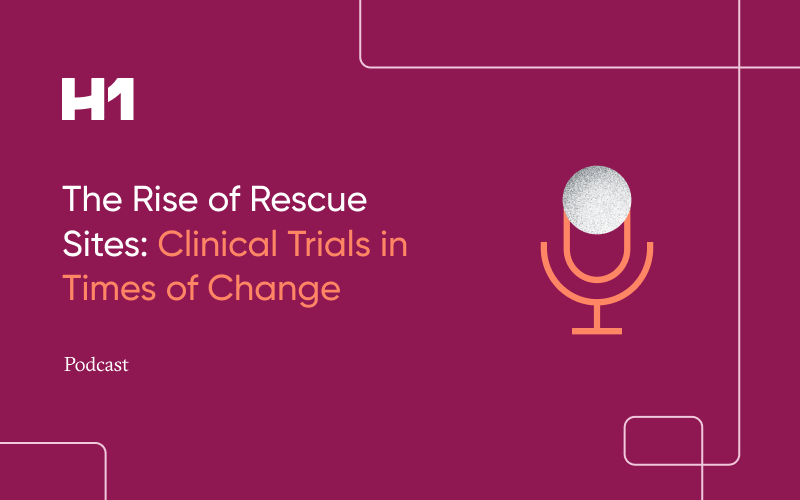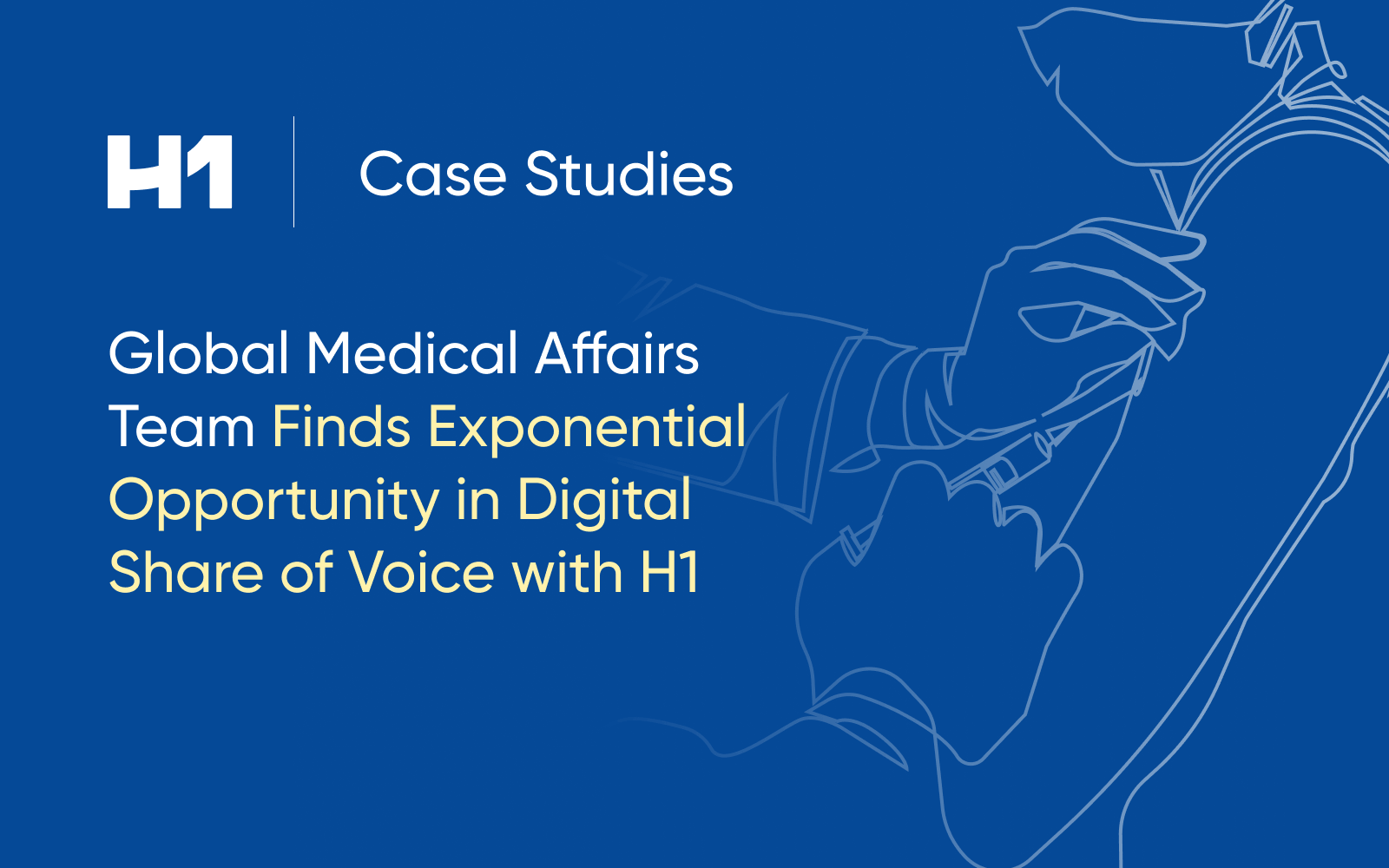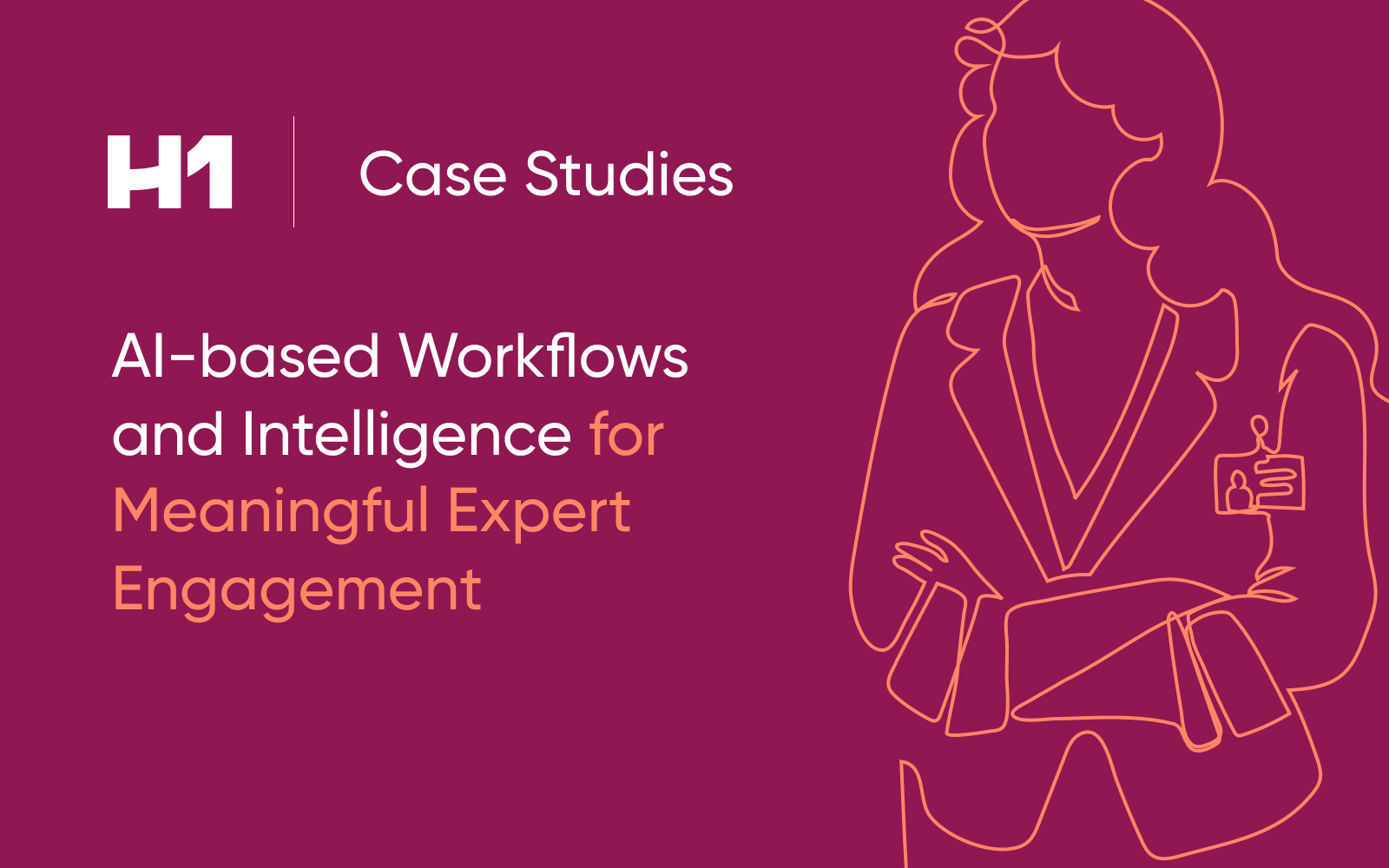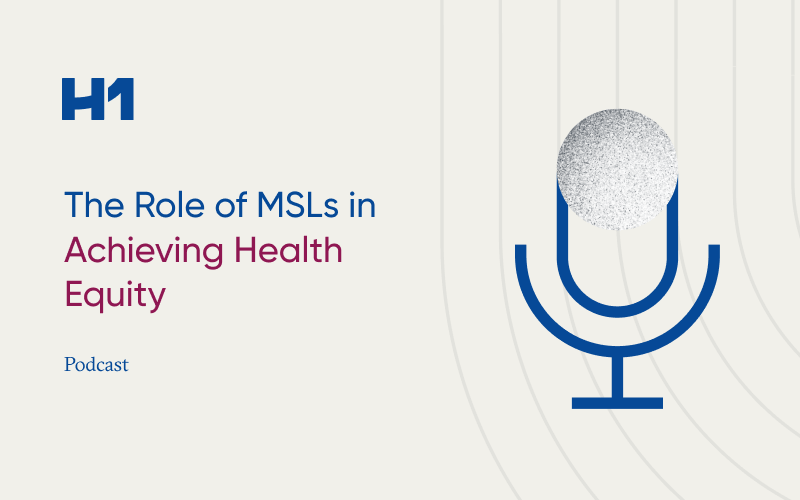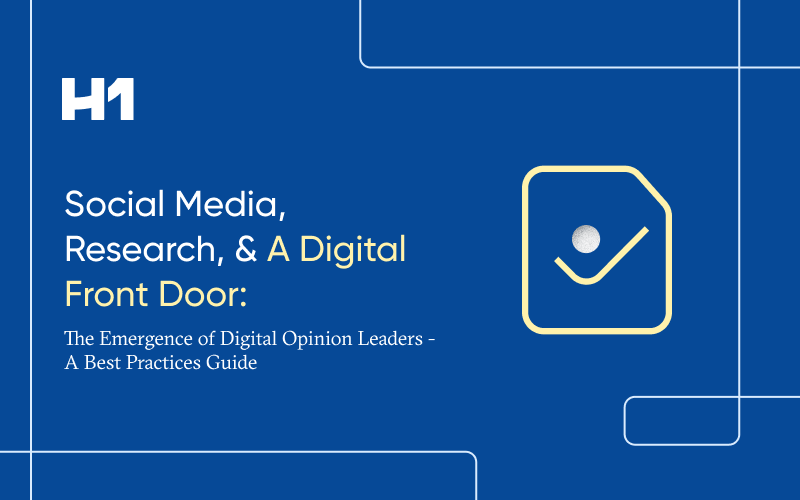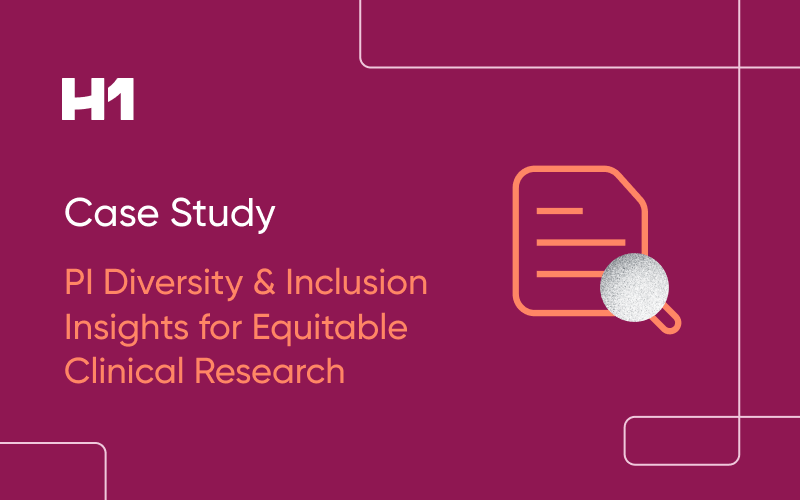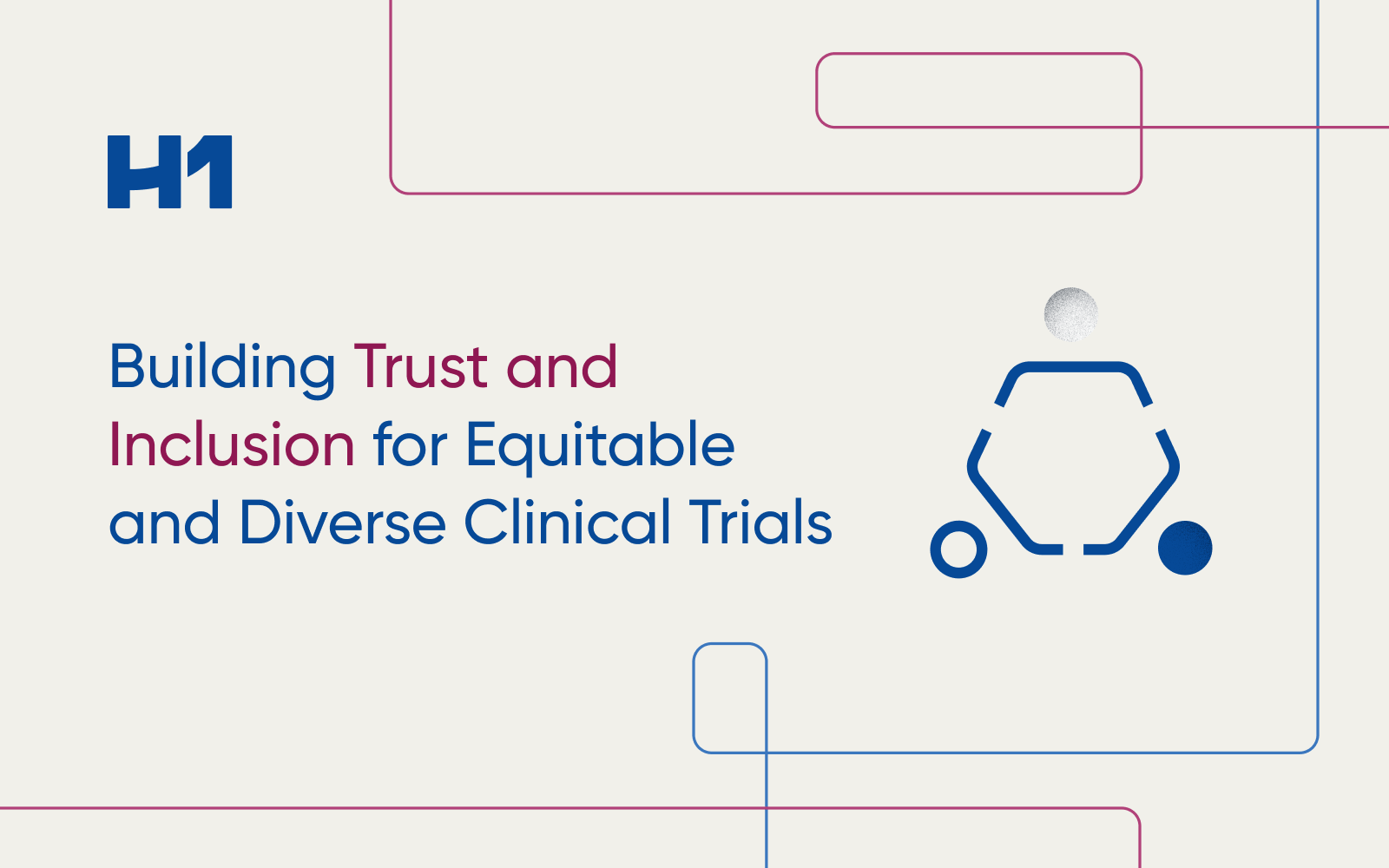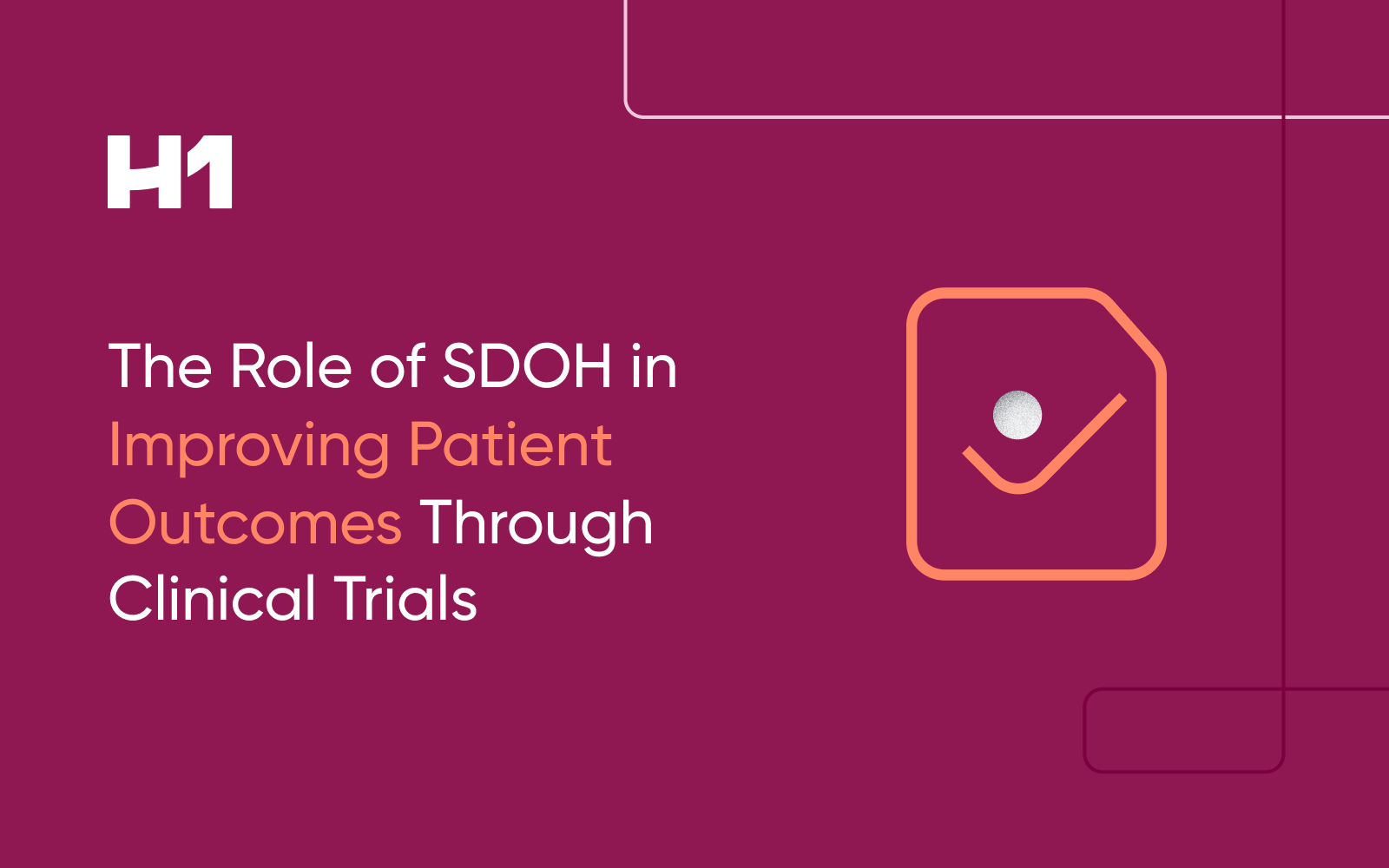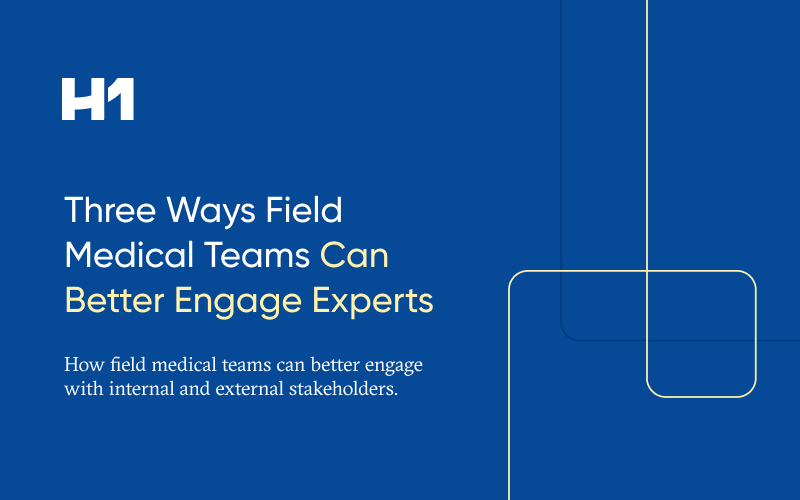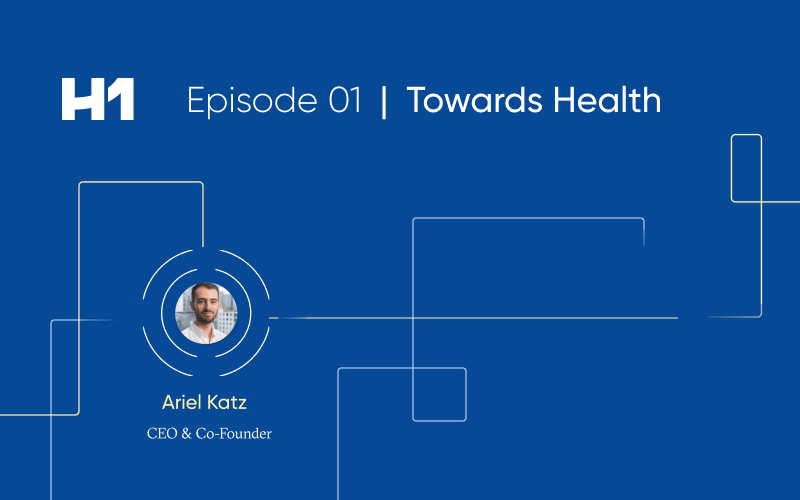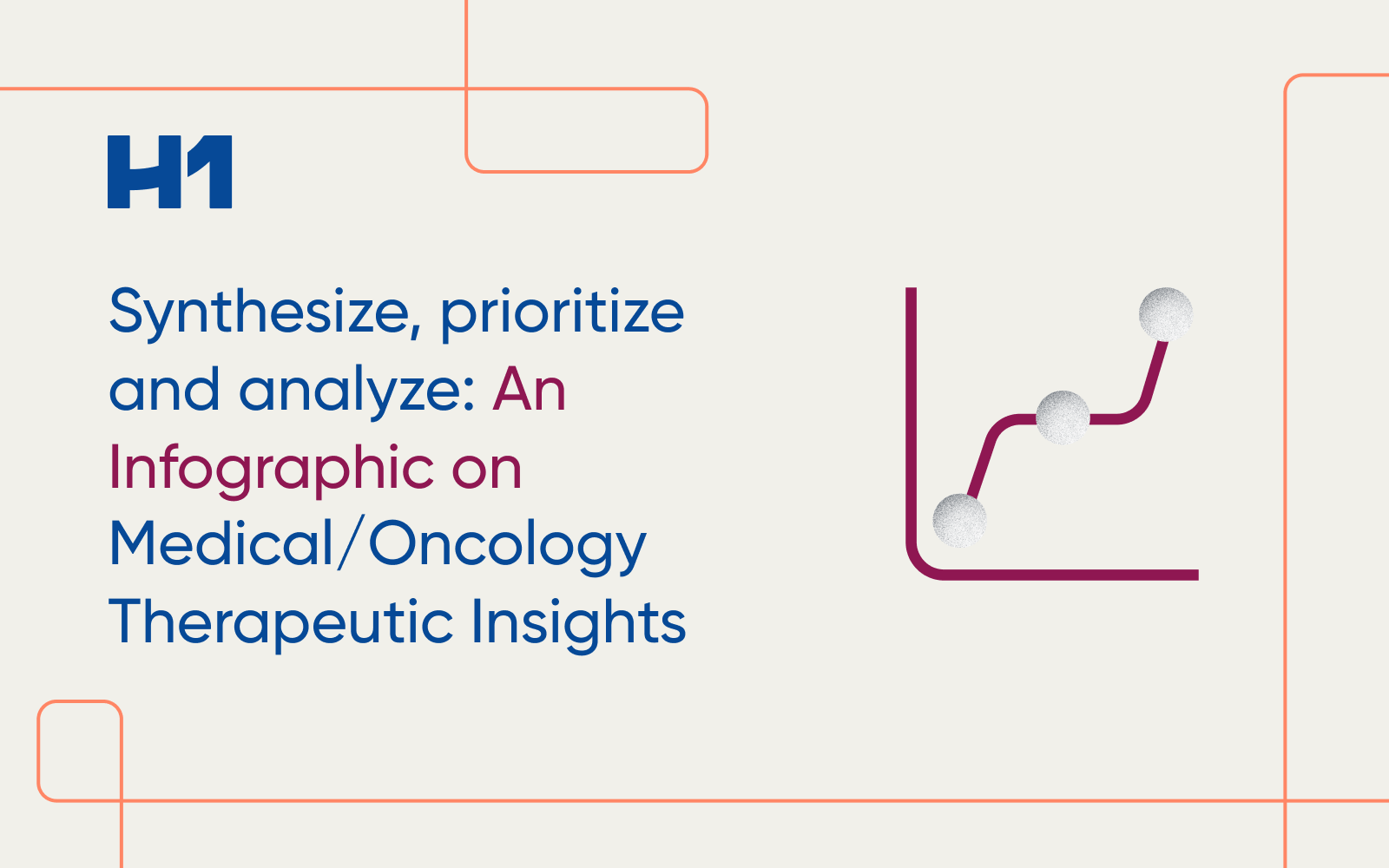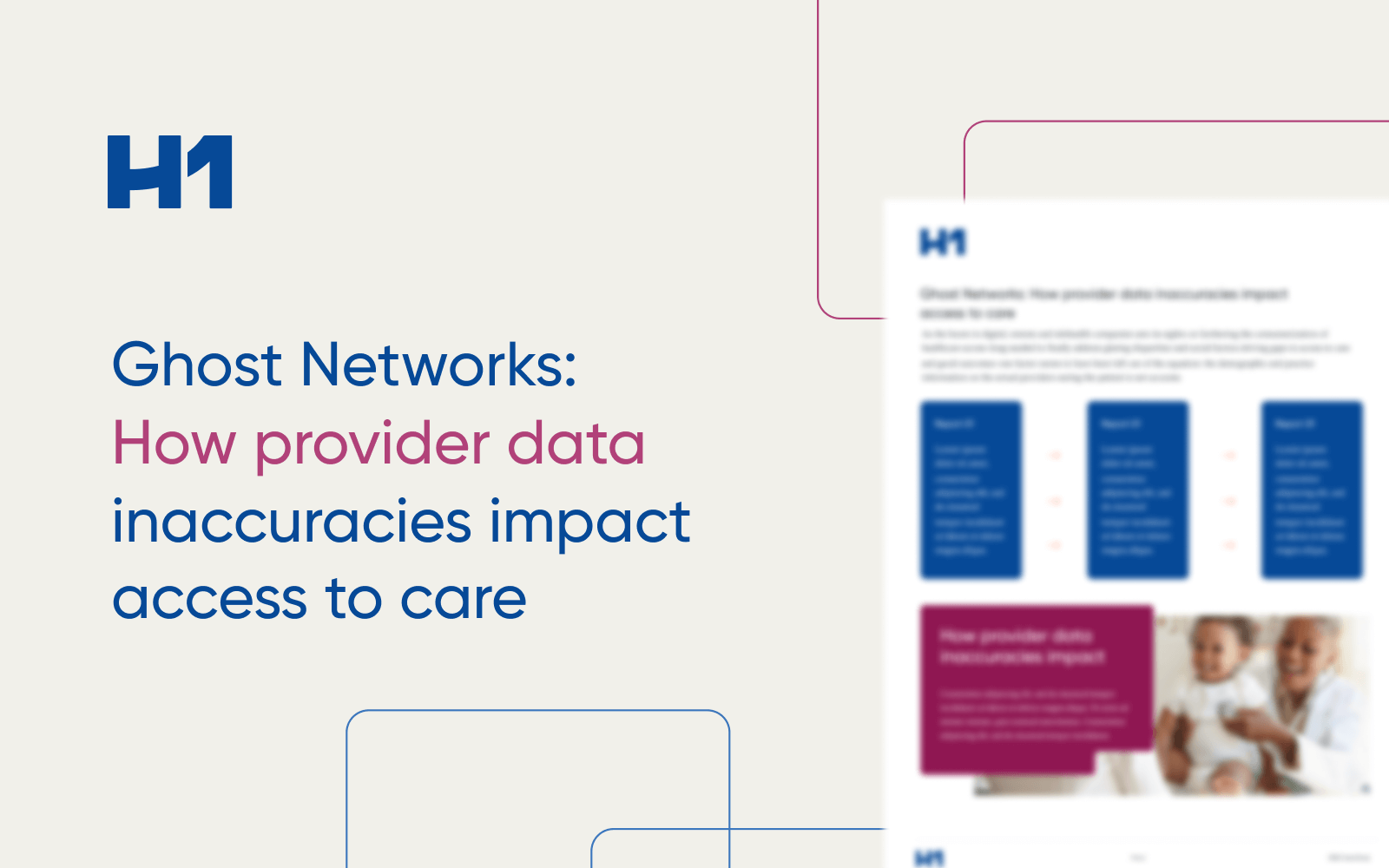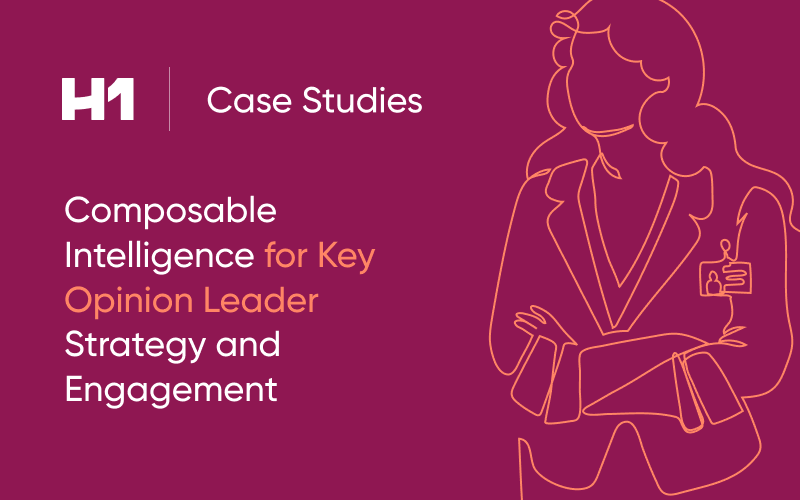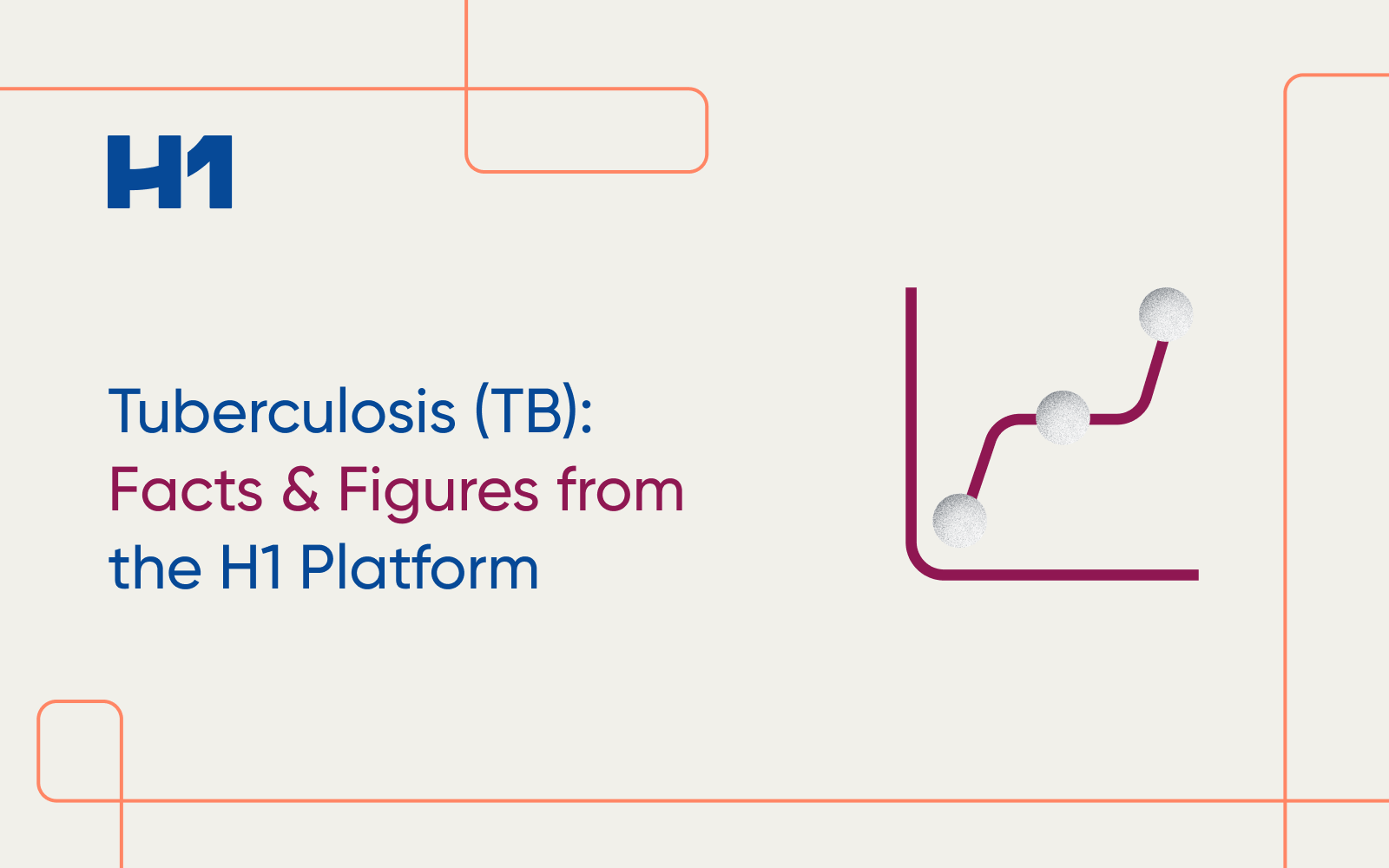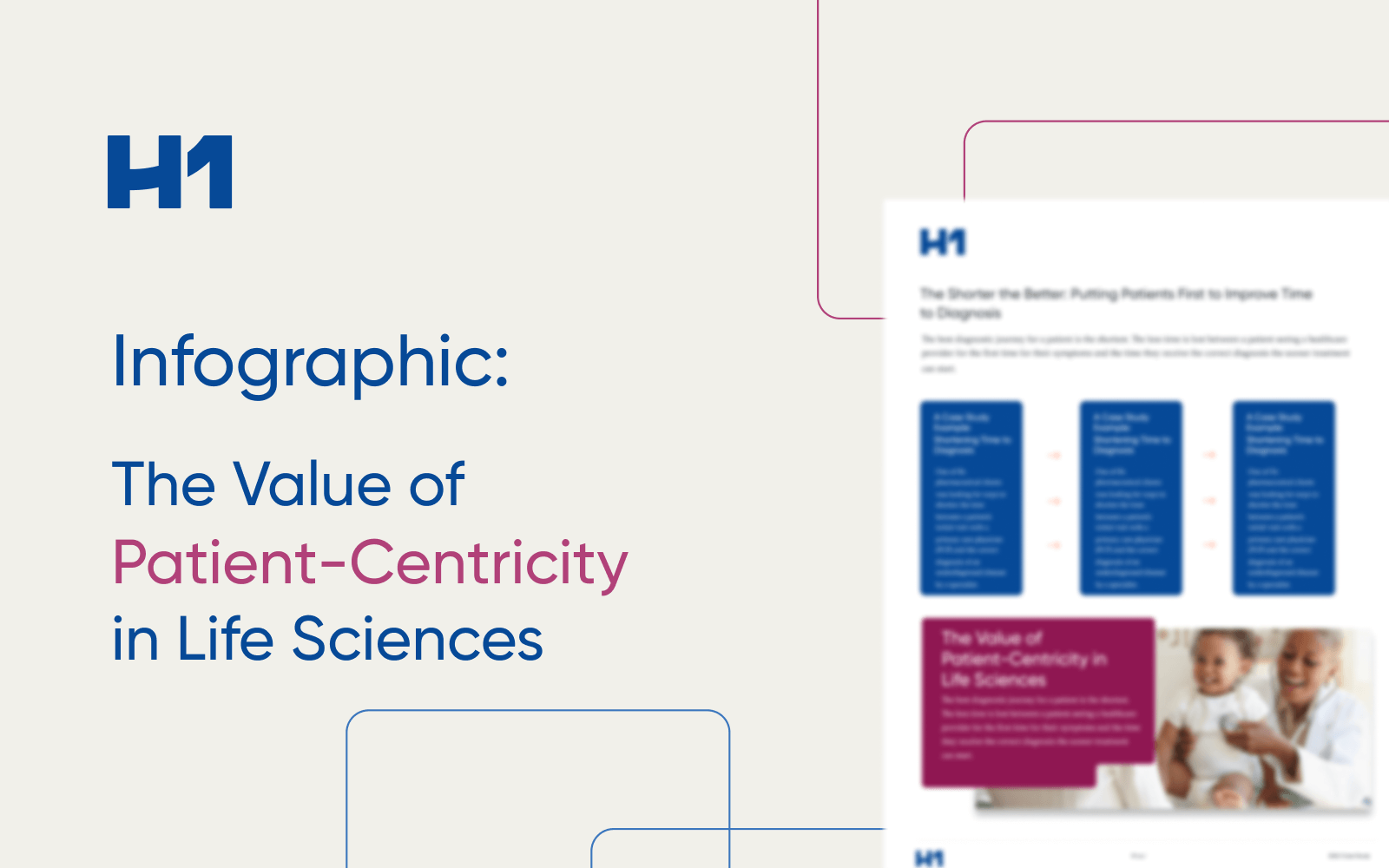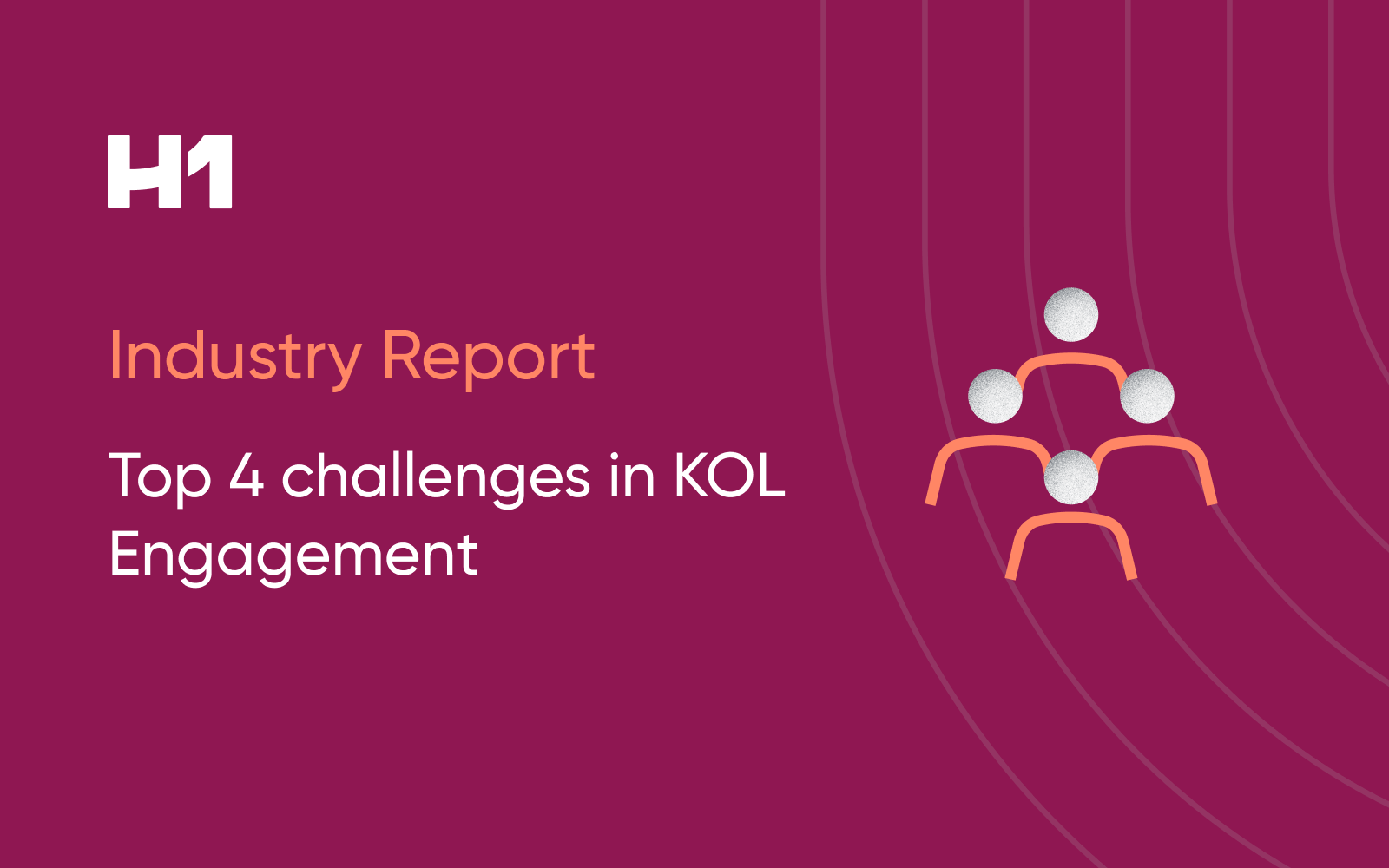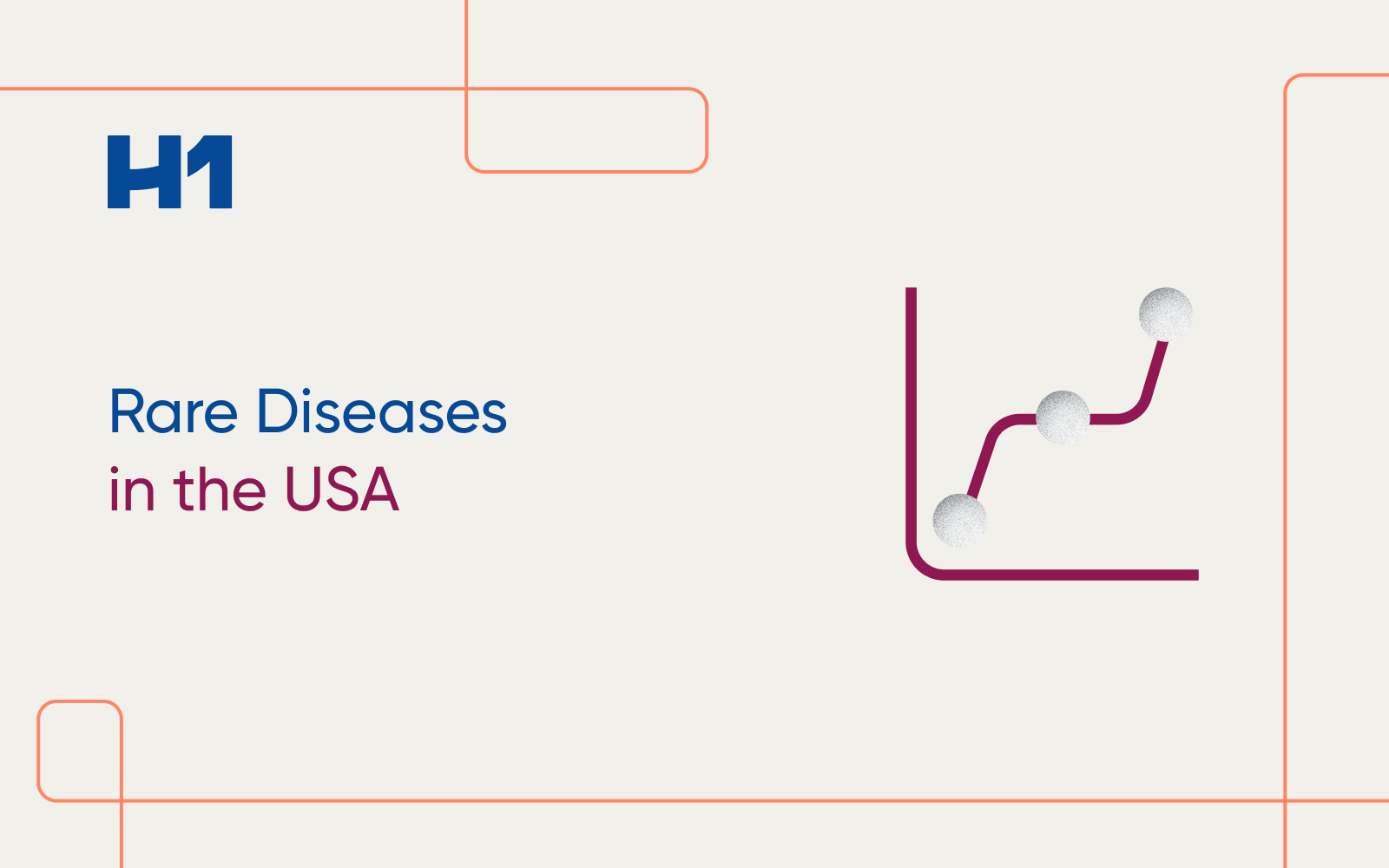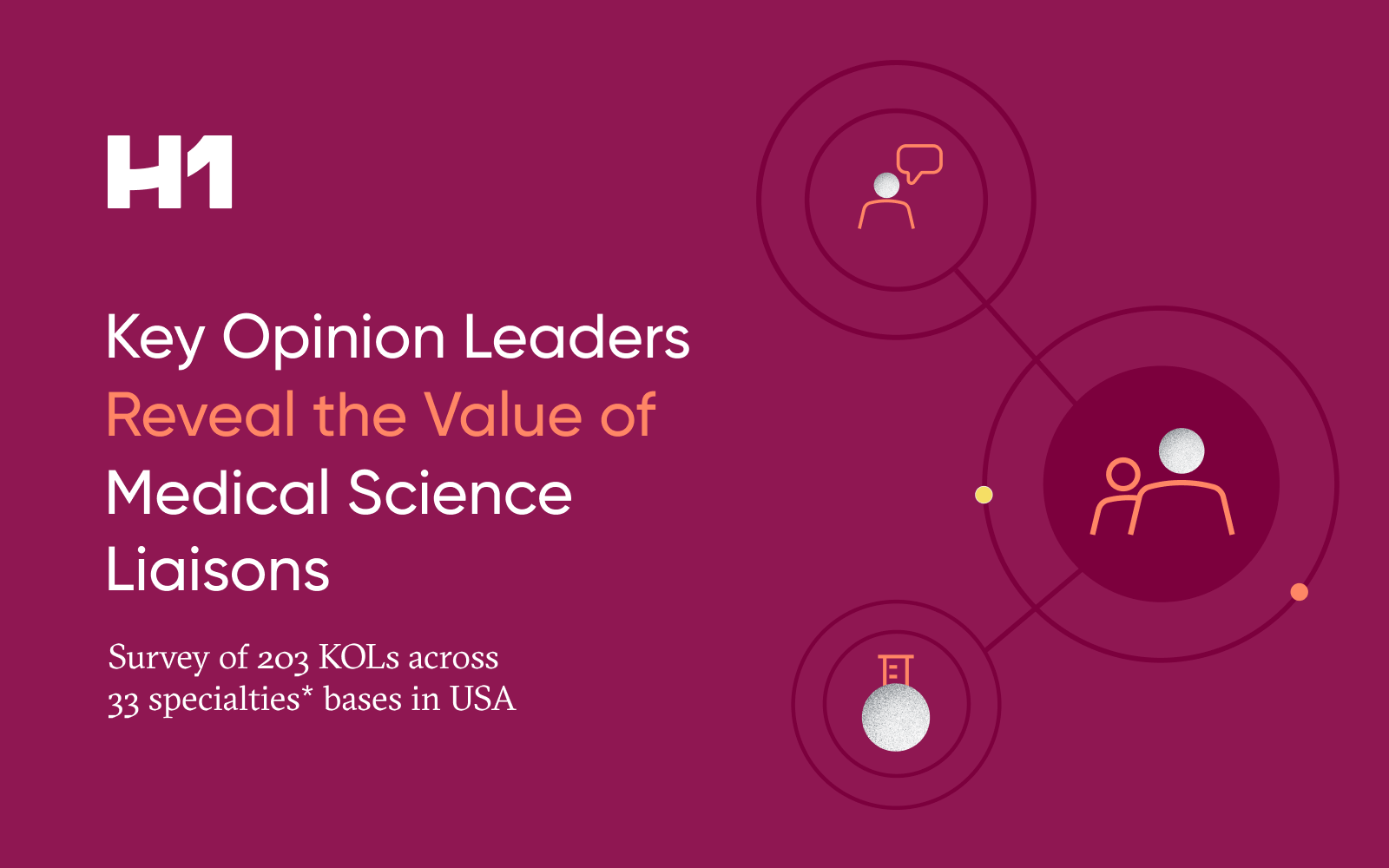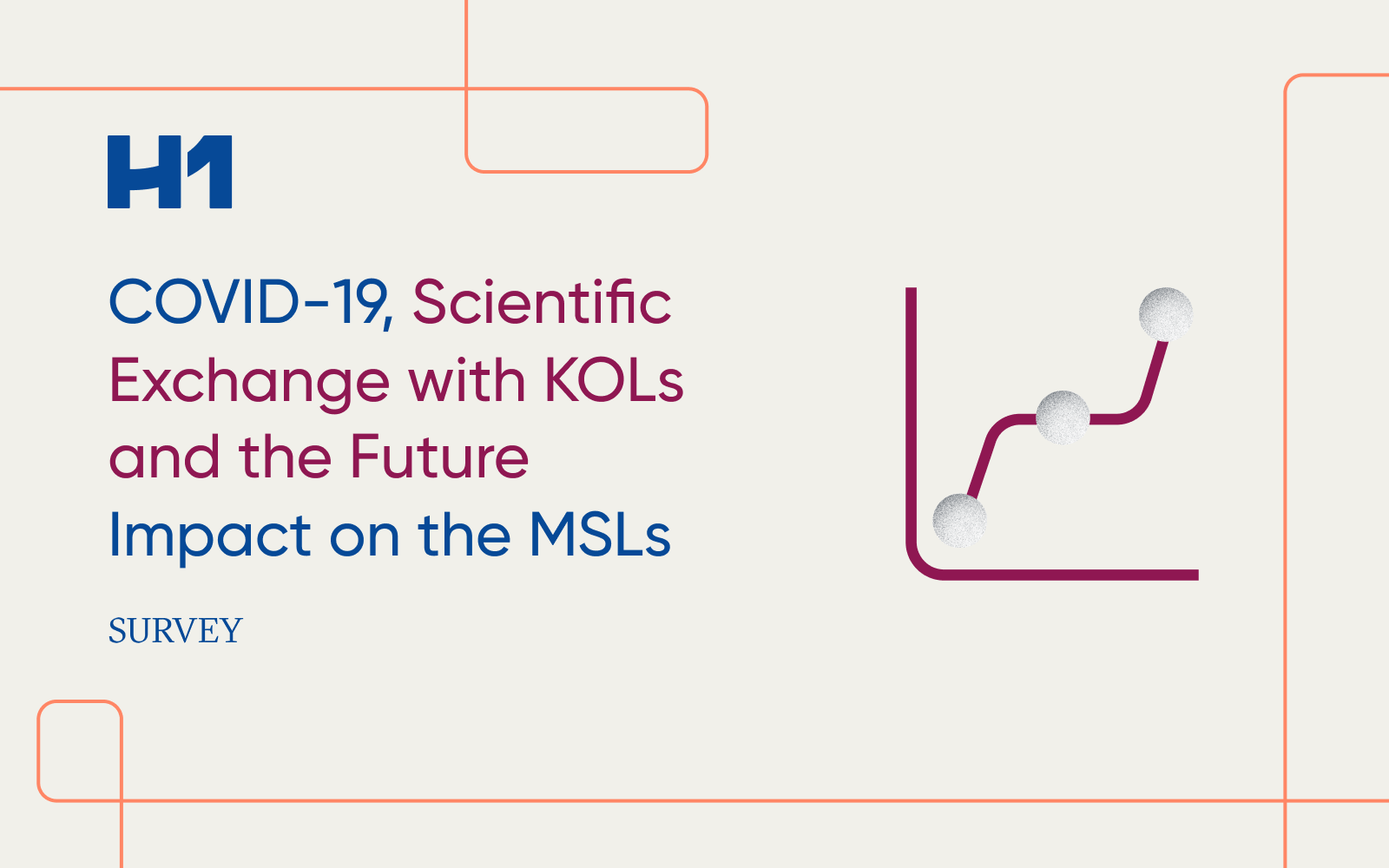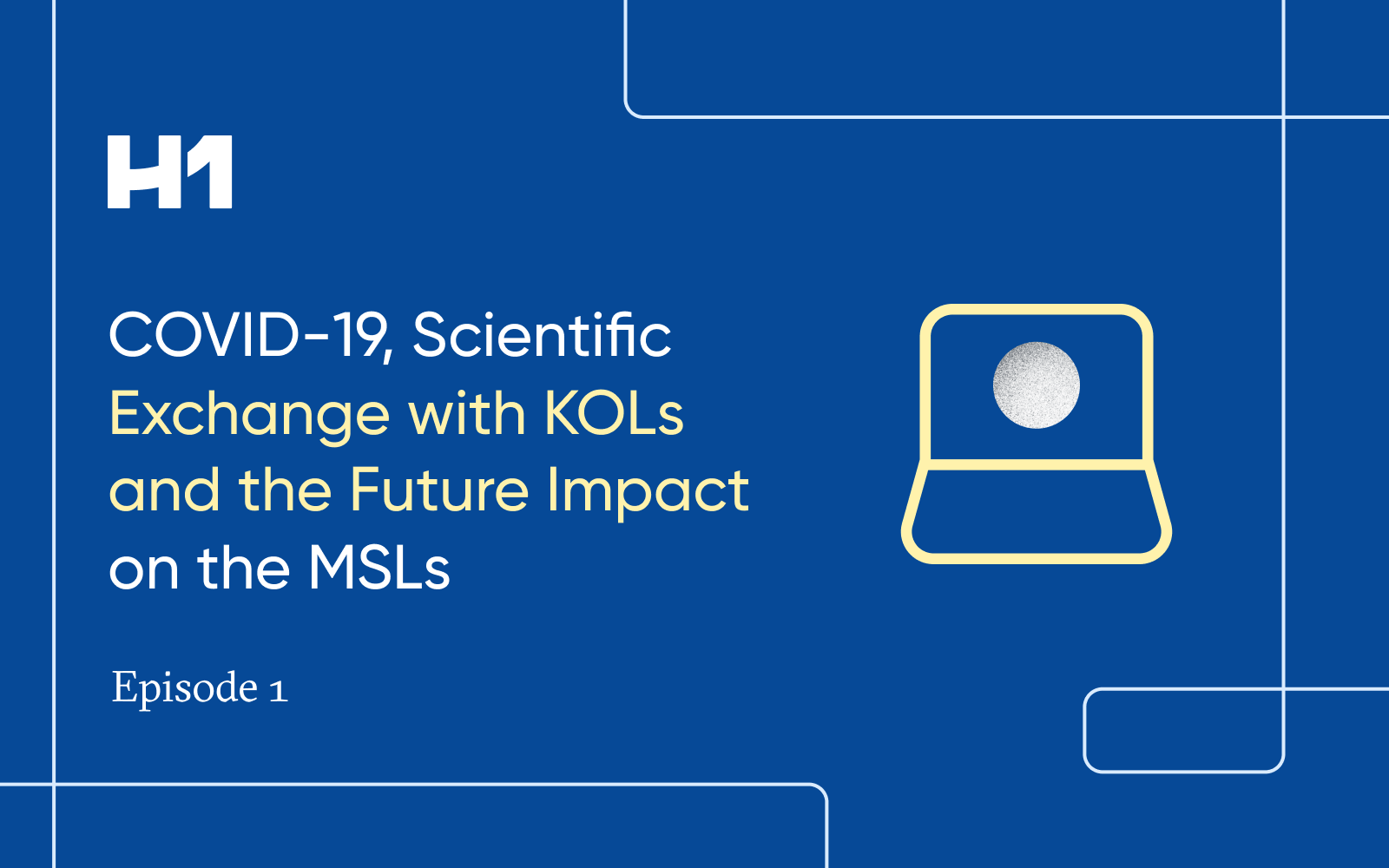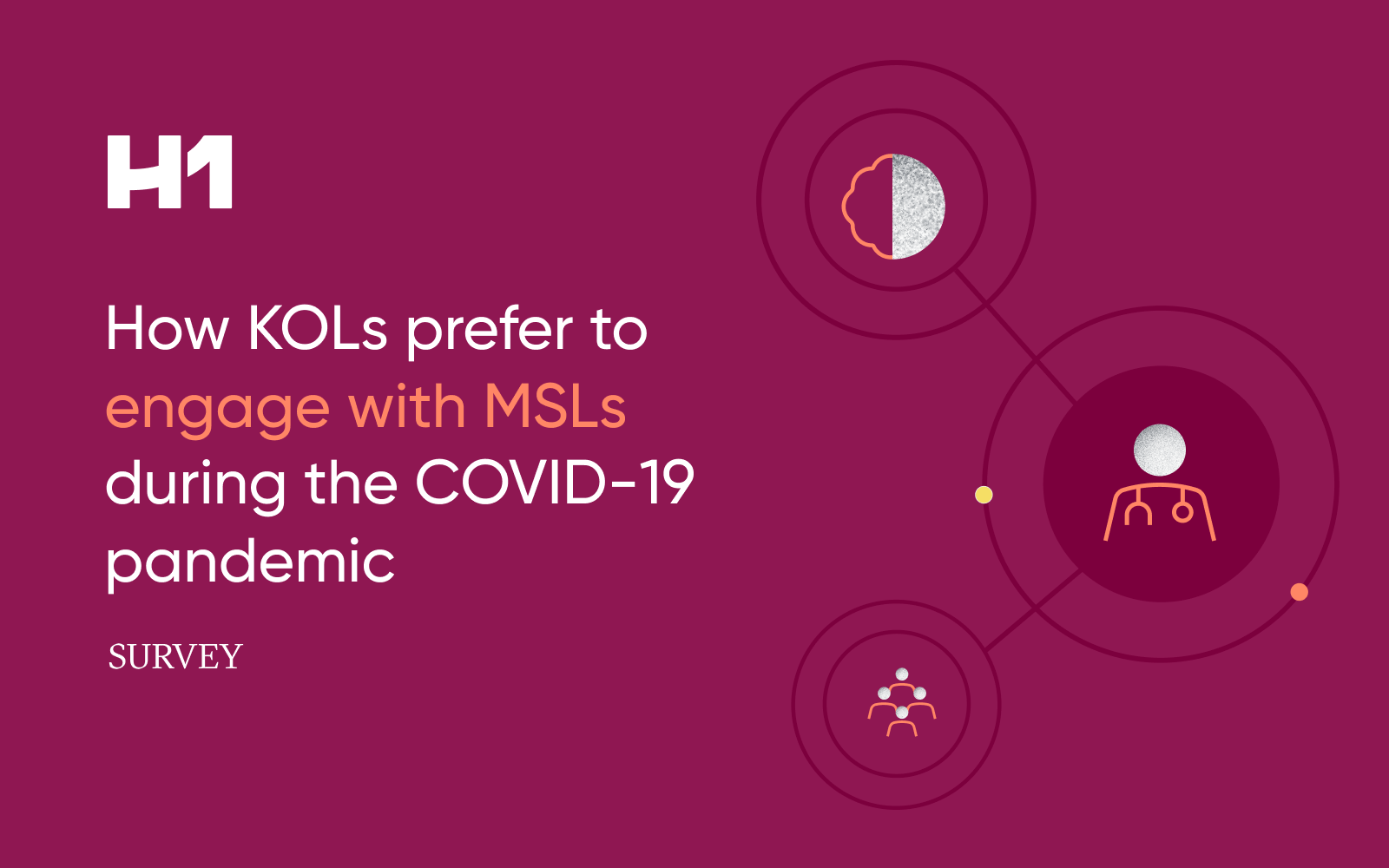
Case Study: The Role of Enterprise Data Intelligence for Pharma
H1’s Pharma Enterprise Intelligence and a Top 20 Global Pharma Company’s Goals in Autoimmune Research
As the pharma and biotech sectors increasingly look to bring drugs to market faster, the recruitment of physicians (key opinion leaders; rising stars and digital opinion leaders) thought leaders and influencers as well as inclusive patient populations for clinical trials—and principal investigators —is becoming ever more important.
To ensure successful drug launch and trial success, global pharma needs access to a wide range of KOLs to penetrate different markets. But how can this be accomplished without sacrificing speed? By leveraging these three key strategies and H1’s approach in the case study, pharma companies can ensure that their trial recruitment and launch readiness plans are set up for success in U.S. Phase II trials.
1. Establish Inclusion Goals and Priorities
When formulating trial recruitment plans, global Pharma should set specific goals for the recruitment of representative patient populations and KOLs. This way, companies can be sure that they are targeting the right people in the right markets. Additionally, companies should consider establishing diversity metrics to track progress toward reaching those goals, as well as any obstacles encountered along the way.
2. Strengthen Relationships With Academic Institutions
Establishing relationships with academic institutions is essential for any pharma company looking to diversify its pool of KOLs. By connecting with these institutions and their faculty members (both domestic and international), pharma can identify potential participants who have expertise in a variety of disciplines related to Phase II trial planning and launch readiness—allowing them to quickly penetrate new markets while maintaining high-quality standards across all activities.
3 . Utilize Enterprise Data Networks & Technology Platforms
Finally, leveraging data networks and technology platforms is key when it comes to recruiting KOLs from around the world quickly and efficiently while still ensuring that they meet certain criteria related to experience level or specialty area(s).
For example, platforms like H1 can help match Principal Investigators with specific drug development projects based on factors such as geographic availability and time constraints—allowing global pharma companies to ensure that their Phase II trial plans are ready for launch sooner rather than later and that they are tapping into a diverse pool of talent at the same time.
At the end of the day, it is clear that diversifying KOLs for the U.S. EU or globally is essential if we want drugs brought to market faster without sacrificing quality or safety standards—but this process must be approached strategically in order to be successful.
By utilizing these the practices outlined by H1 in this case study—global pharma will not only be able to bring drugs to market faster but also ensure that their Phase II clinical trials capture data from truly representative patient populations around the world
This case study shows how one global pharma company is transforming rheumatology research with innovative approaches to drug development and trial planning, helping them secure a competitive edge in an increasingly complex market with H1 Pharma Enterprise Intelligence.
Leveraging this enterprise-wide intelligence helps the company identify and recruit leading KOLs to take part in upcoming clinical trials and launch readiness initiatives. By understanding their needs and interests, as well as their expertise and affiliations, the company can better target those KOLs who have the right experience and knowledge to support drug development efforts.
For Market Access and Trial Planning, Operations & Feasibility
The data intelligence platform also allows for greater insight into trends in patient populations, claims and market access issues. This helps the company anticipate what will be needed from potential trial candidates and develop plans for launching new treatments in different markets.
For example, when investigating new drugs for rheumatoid arthritis, the company can use its enterprise-wide data intelligence to find out about patient populations across different countries and how they may respond to certain treatments or protocols. They can then create tailored plans for each country based on this information, making sure that all regulatory requirements are met before initiating any clinical trials or launches.
For Medical Affairs & Field Teams
In addition to providing insight into markets and patient populations, an enterprise-wide data intelligence platform can also be used to strengthen medical affairs initiatives.
By identifying key opinion leaders within the rheumatology space, companies are more easily able to engage with these key individuals on scientific topics related to drug development or trial planning. This helps them ensure that their products are supported by informed research professionals who understand the clinical context of each medication or treatment option being considered.
To learn more, download our case study: H1 Powers a Top 20 Pharma Company’s KOL Engagement Strategy and Trial Planning in Rheumatology with Enterprise-Wide Intelligence.



